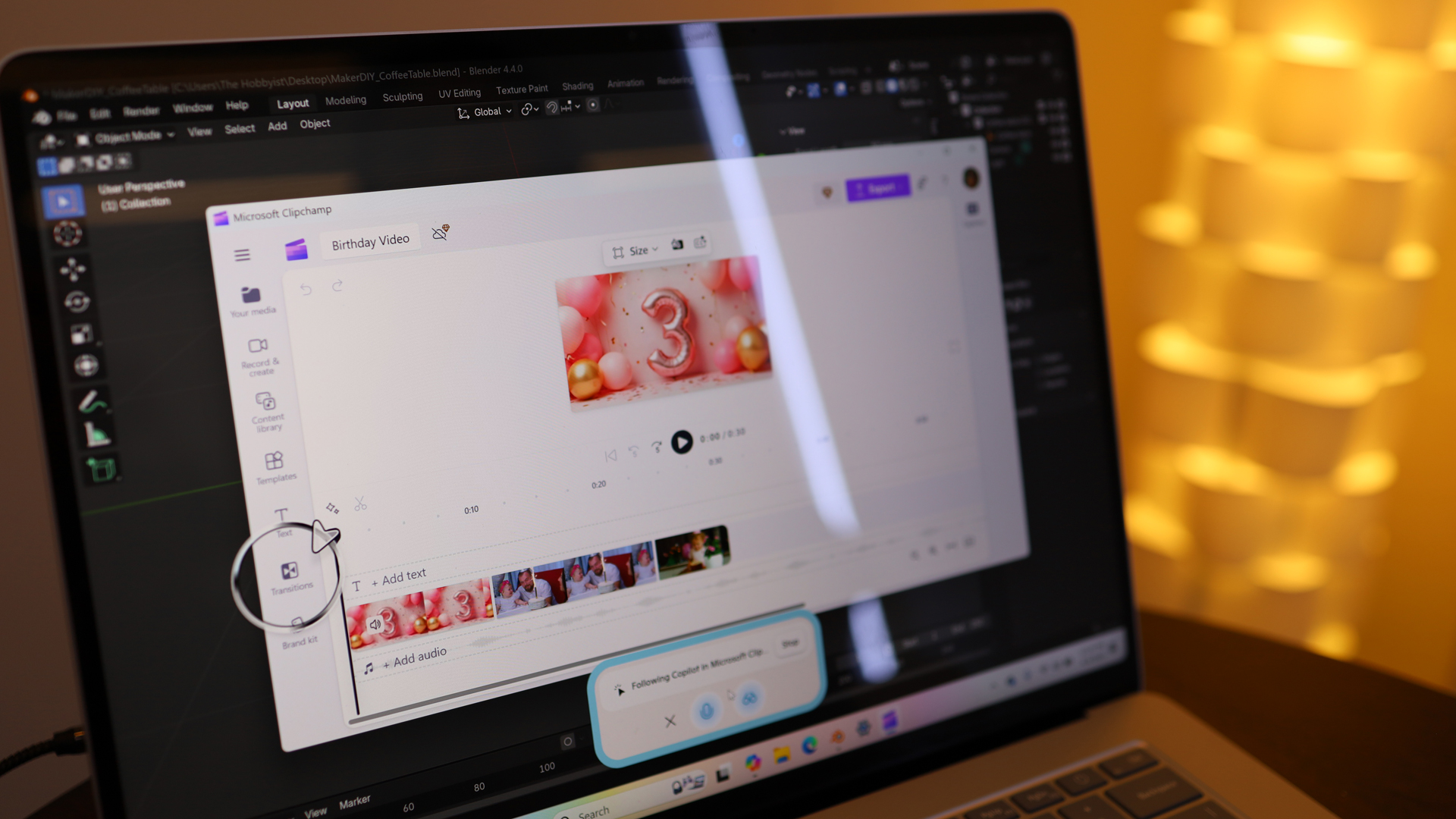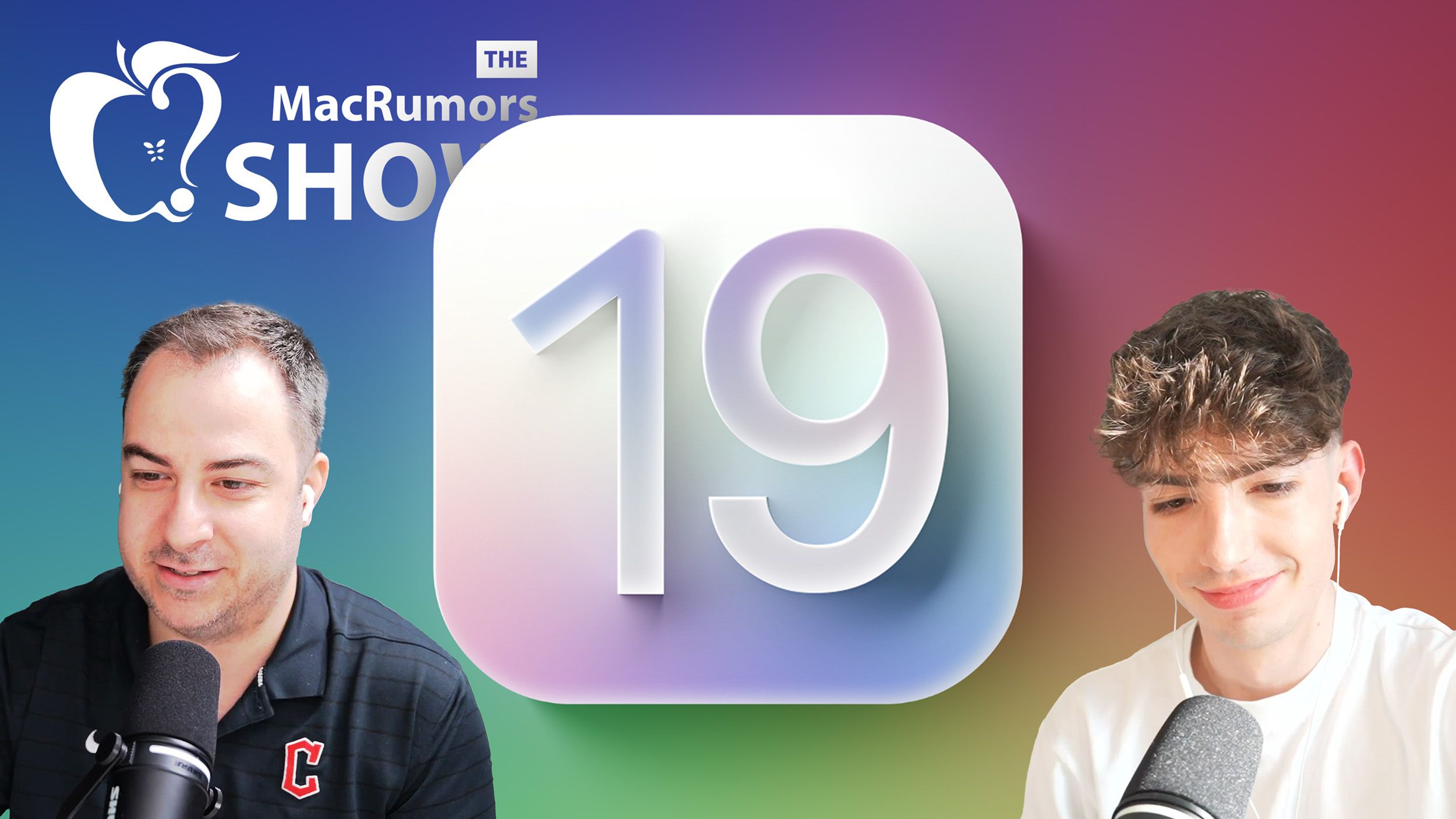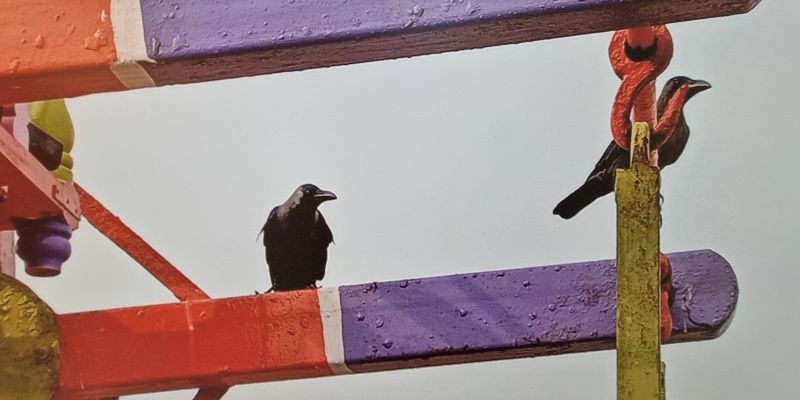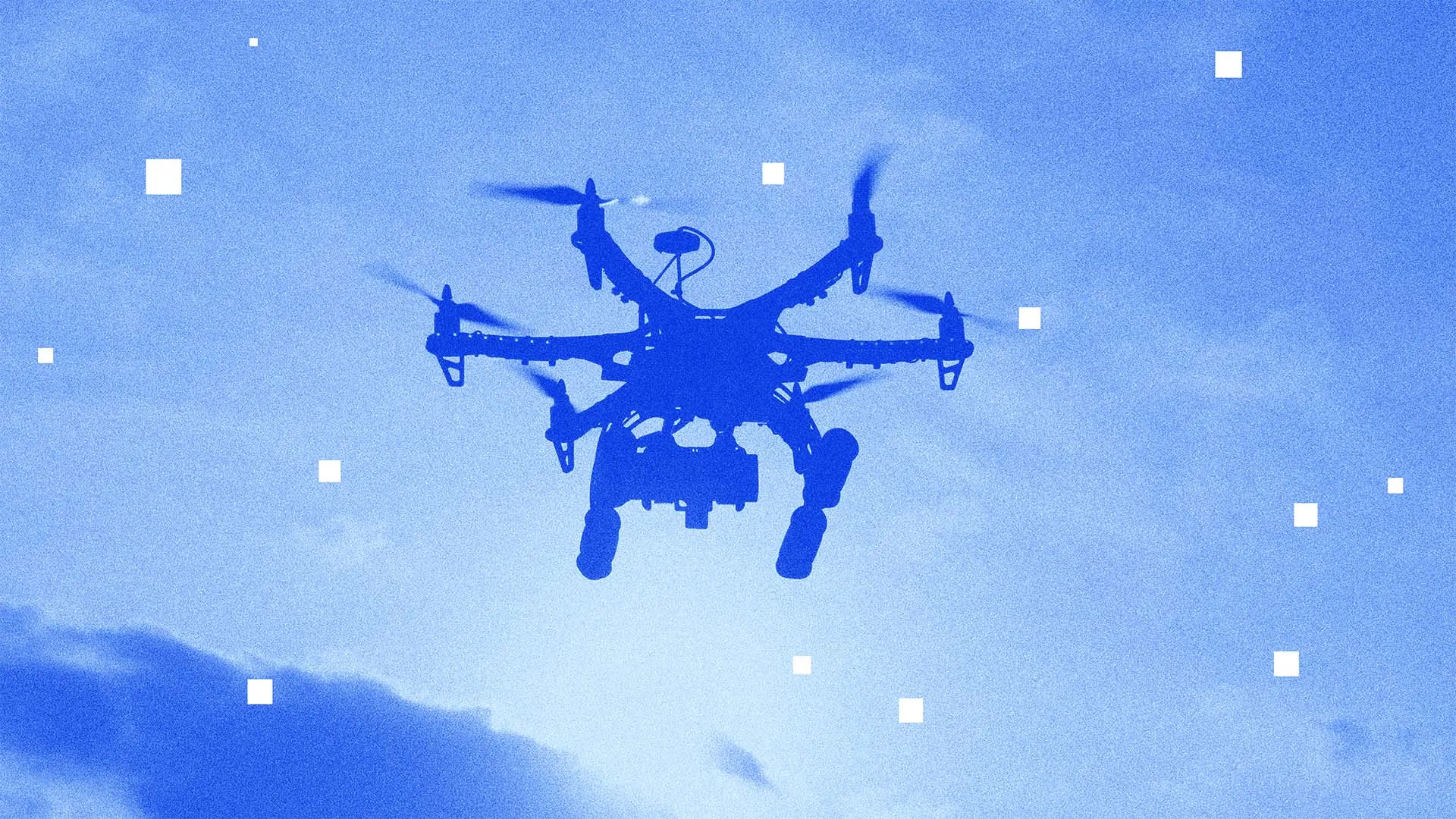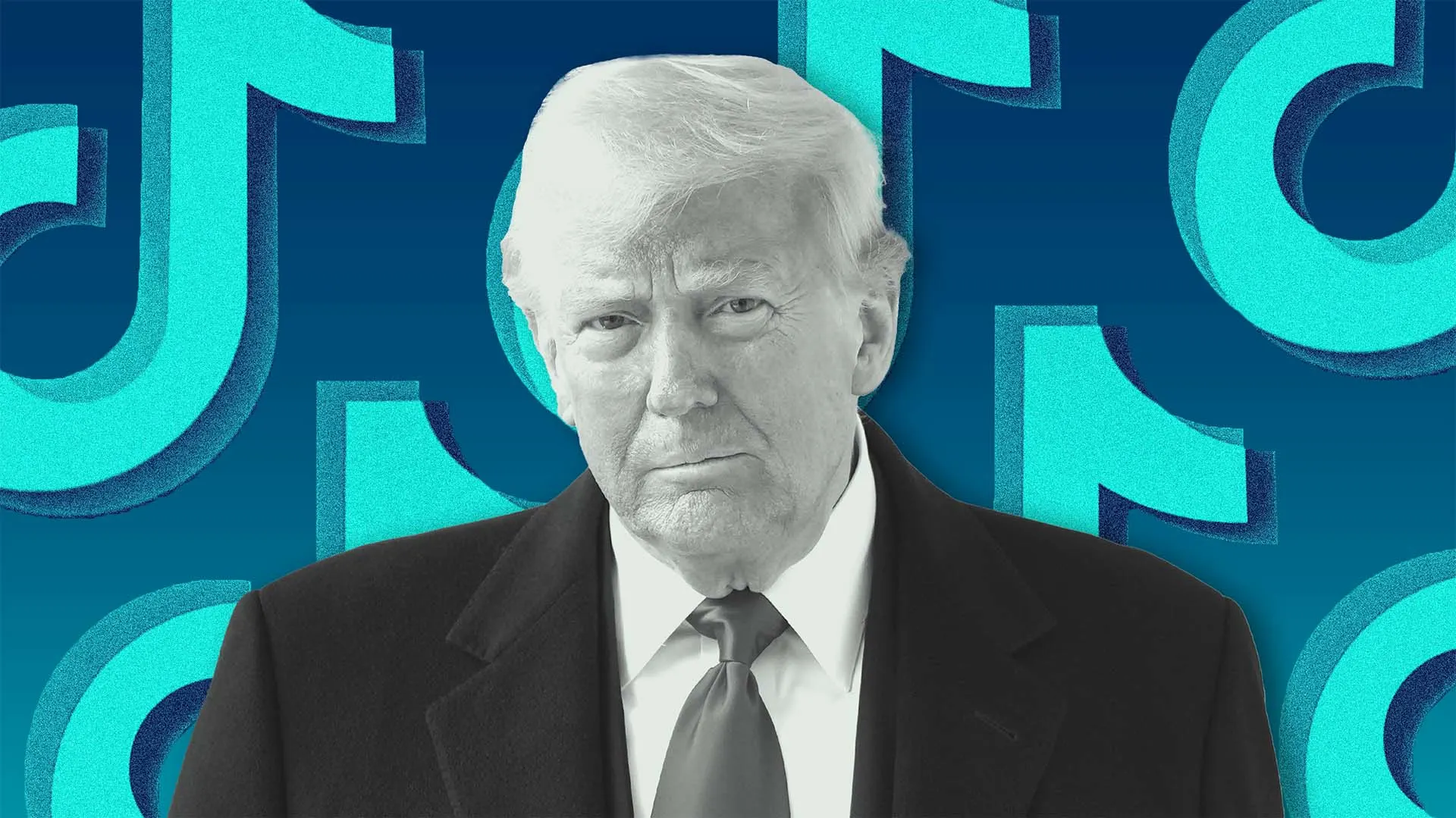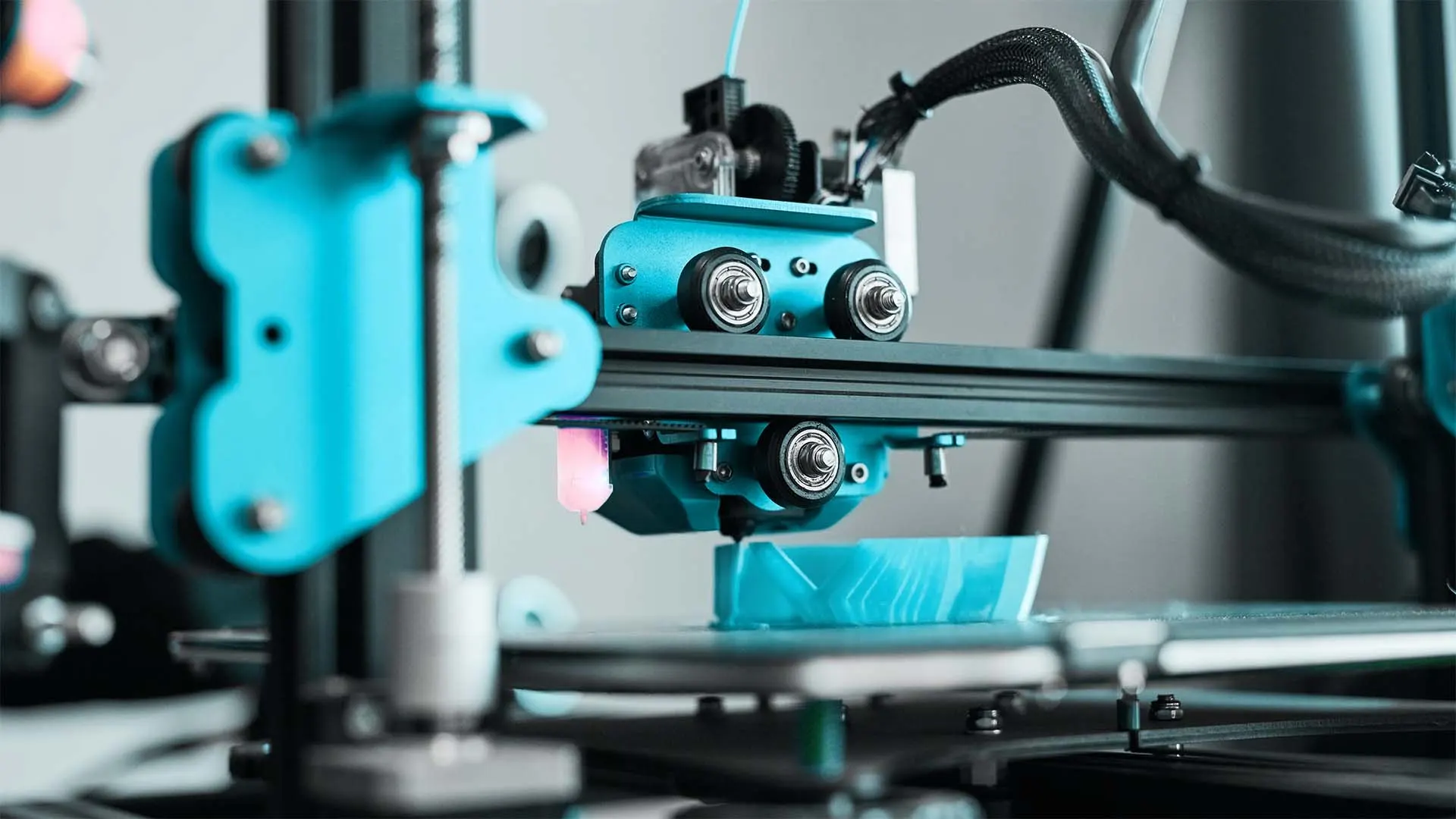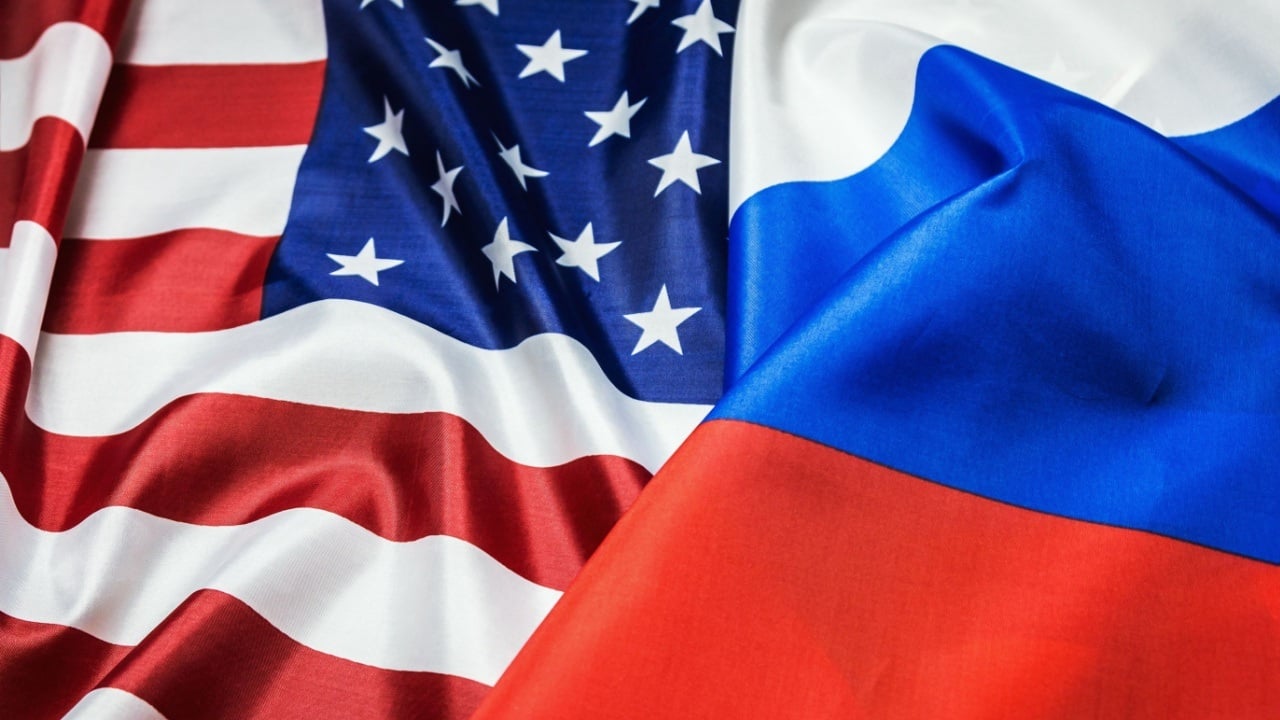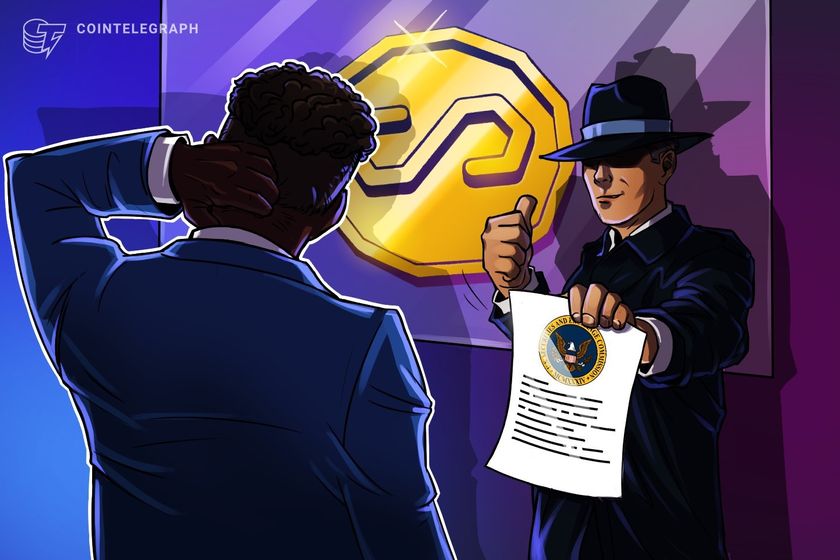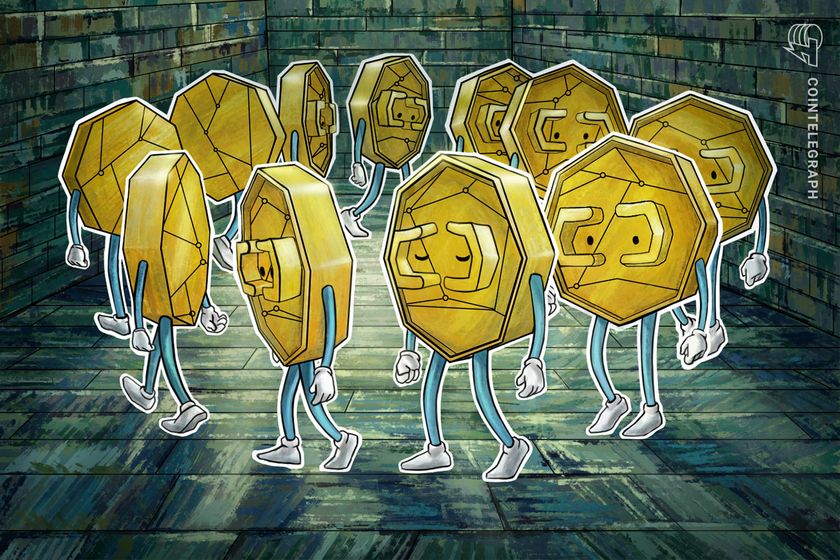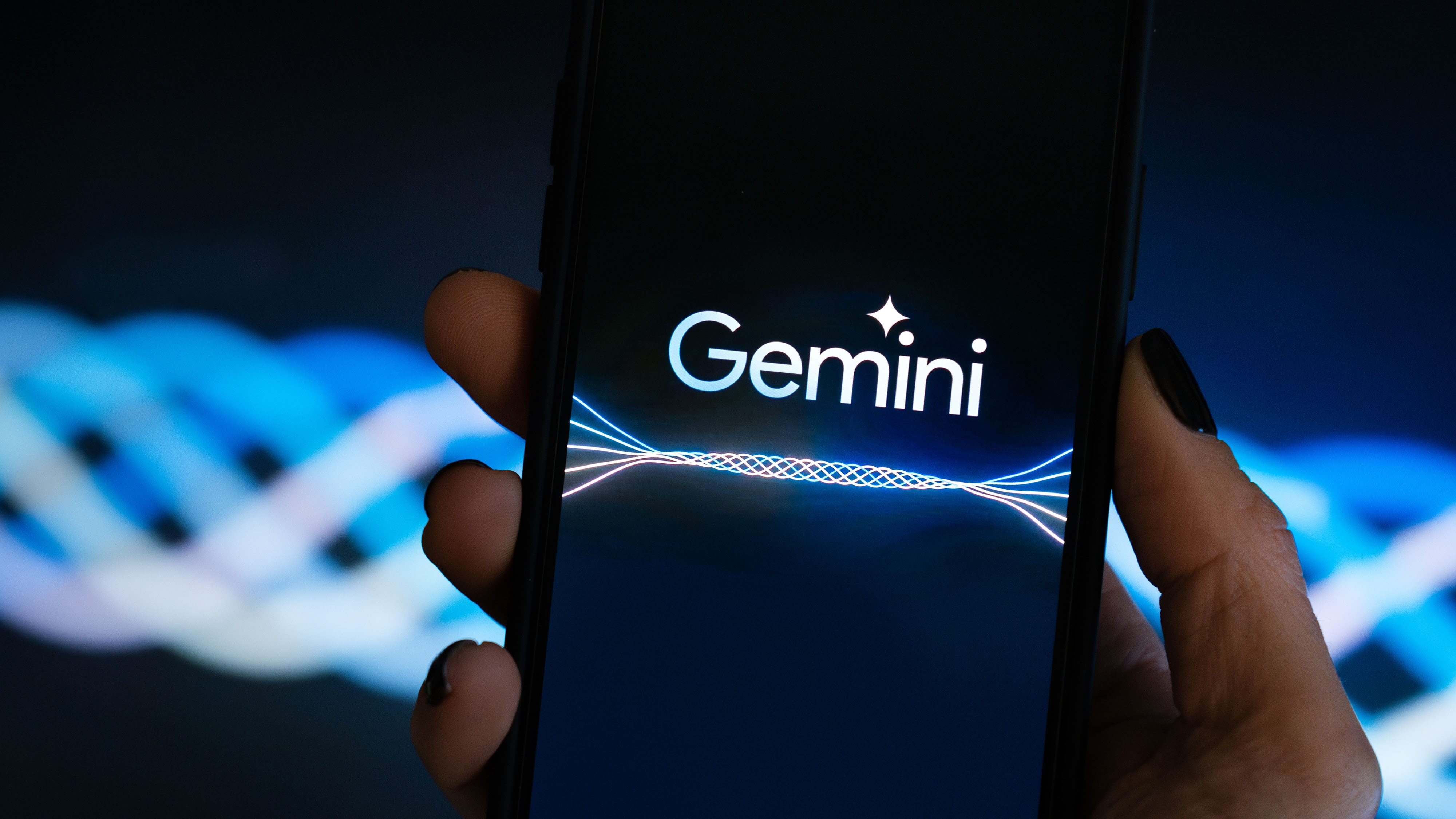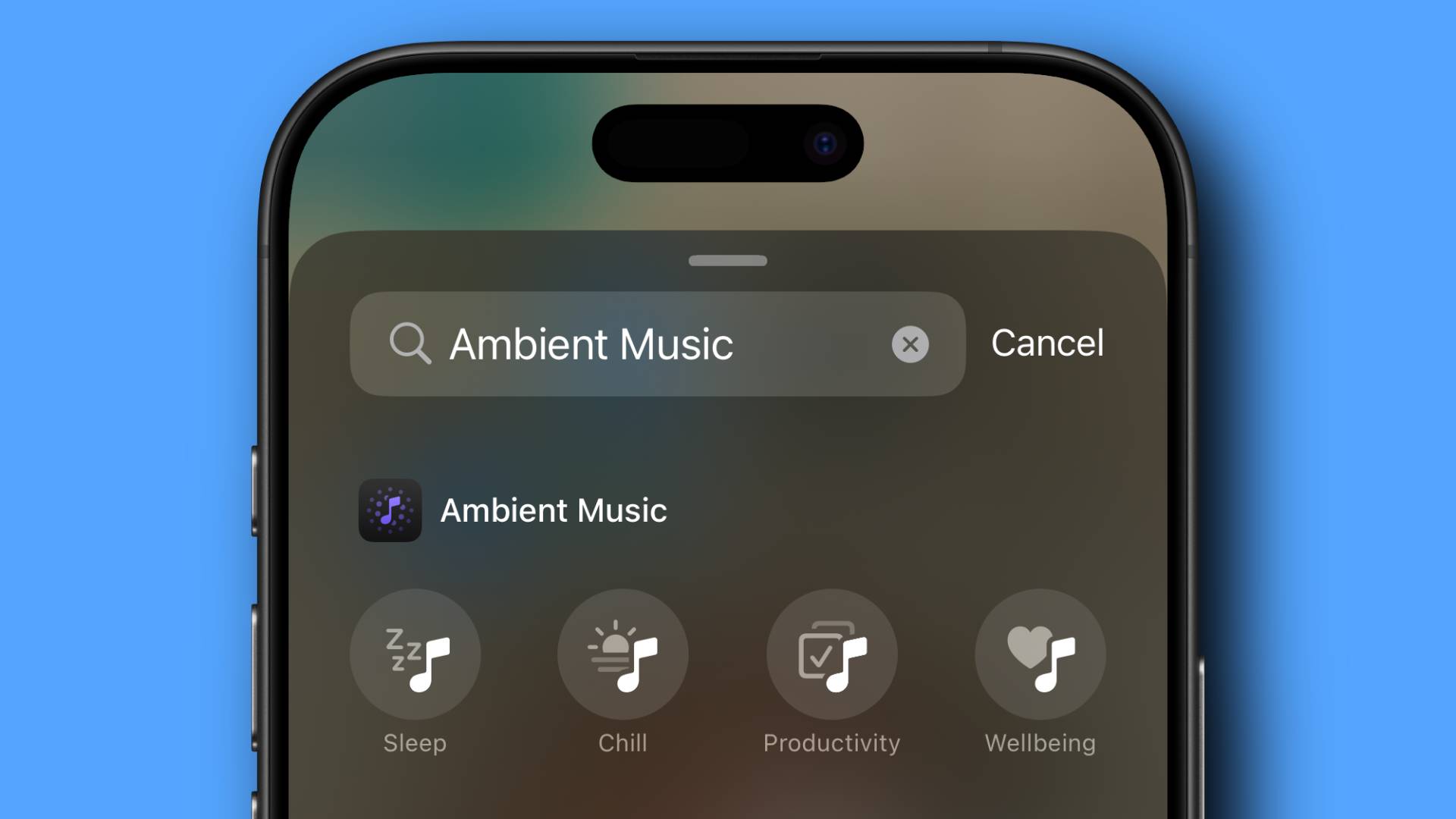Microsoft 50th Anniversary Copilot Event live – we're on the ground with all the latest news
Microsoft's 50th Anniversary Copilot Event live: Everything you need to know about the upcoming AI event as we celebrate 50 years of Seattle's tech giant.

Microsoft is celebrating a very special birthday, and you're all invited. The Microsoft 50th Anniversary Copilot Event takes place today, April 4, at 9:30 AM PT / 12:30 PM ET / 5:30 PM BST and will see the Seattle tech giant unveil its latest AI developments – and, presumably, look back at its vast history.
Whether you're a fan of Windows, Xbox, Copilot, or even the Zune (remember that?), you won't want to miss this birthday bash.
Plus, we'll have reporters on the ground in Seattle ready to cover all the breaking news as it happens, so stay tuned to TechRadar and bookmark this live blog to keep up with everything to do with Microsoft's 50th Anniversary and Copilot.
Good morning! John-Anthony Disotto, TechRadar's Senior AI Writer here, ready to kickstart our coverage of the Microsoft 50th Anniversary Copilot event!
Stay tuned – because we've got a while until the event starts tomorrow (April 4), so we'll have plenty time to talk about the best (and worst) Microsoft moments from the last half century.
And of course, we'll also be speculating as to what we expect to see from Copilot, and bringing you any last-minute rumors on that front.
Let's go over the basics first:
The Microsoft 50th Anniversary Copilot Event will be live-streamed on the company's website on April 4 at 9:30 AM PT / 12:30 PM ET / 5:30 PM BST.
We expect to see announcements related to Microsoft AI, but details are pretty scarce at the moment.
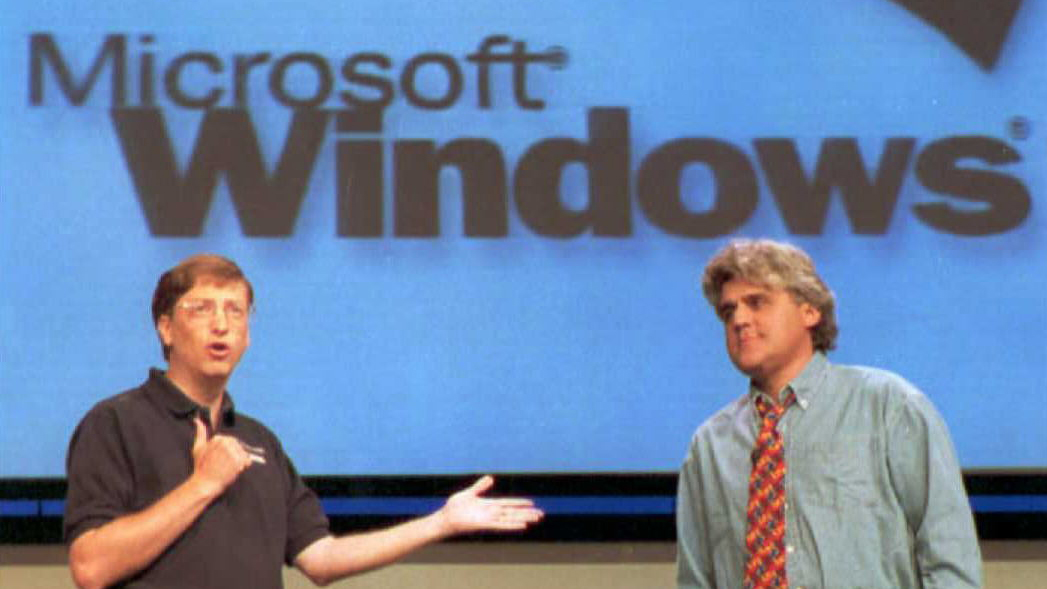
In the lead up to the event, we've asked the TechRadar team to discuss their favorite Microsoft memories from over the years.
Whether that's the launch of Windows 95, Microsoft's venture into games consoles in the early 2000s, or Windows Phone, we've got so much to reminisce about.
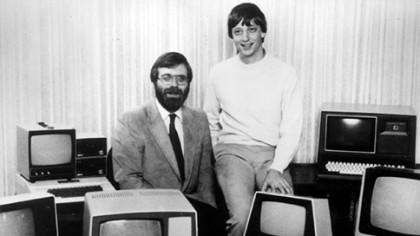
Let's kickstart this time capsule 50 years ago, back in 1975.
It's generally considered that Microsoft was founded on April 4, 1975, but Bill Gates and Paul Allen's journey started in January of that year when the duo spotted the MITS Altair 8800 on the cover of Popular Electronics.
With their creative juices flowing, the duo launched BASIC in February 1975 as the first computer programming language for a PC and sold it to MITS (Micro Instrumentation and Telemetry Systems) of Albuquerque, New Mexico.
The pair then moved to Boston where Microsoft was co-founded as BASIC. By July 1975, BASIC v2 had officially shipped, and the journey had begun.
Microsoft's first logo
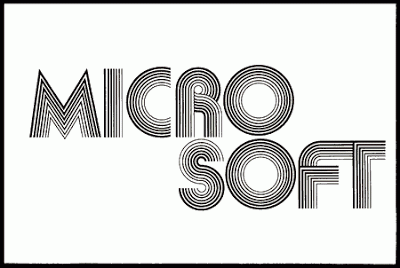
In November 1967, Micro-Soft was registered as a trade name and we got our first glimpse at a Microsoft logo.
It's definitely not as iconic as the colorful Windows logo we've all grown to know and love, but back in the 60s logos were more about practicality than style.
Let's start bringing in some of TechRadar's staff to discuss their favorite Microsoft memories, starting with TechRadar Pro's Managing Editor, Desire Athow.
His favorite Microsoft product of all time is Windows 95, and for many that might be the very first experience you ever had with a computer.
My favorite Microsoft product: Windows 95
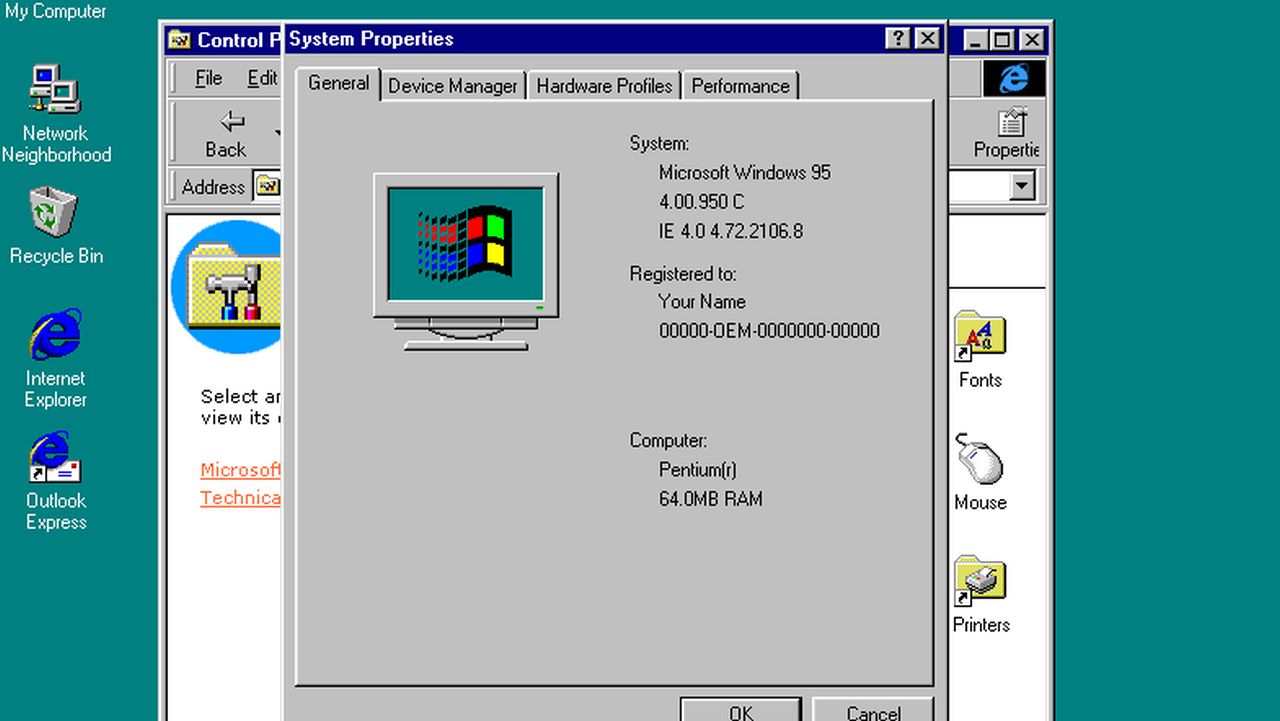
Desire said, "Launched almost 30 years ago, Windows 95 remains my favorite Microsoft product of all time. Those of a certain vintage will remember the days of MS-DOS and the joys of text-based operating systems.
The transition from c:\ to GUI (graphics user interface) was a true paradigm shift, opening the world of computing to a much, much wider audience and cementing its status back then as the OS powering the personal computer revolution.
The cursor changed everything, but it's something else, an afterthought, that truly changed the world: Internet Explorer."
"Back in the day, we had bootlegged pirated copies of Microsoft Windows 95 Beta (AKA Chicago), and I vividly remember the hours I spent trying to install it from a CDROM.
Ironically, 30 years later, AI has brought back that same feeling. Gemini, the AI I used the most, is in dark mode by default and text mostly, not unlike the OS of yesteryear. P.S.: if you want to relive Windows 95 in all its glory, have a gander at this site that puts Windows 95 in your browser."
I wouldn’t be here if it wasn’t for Microsoft (kind of)
Microsoft's impact can't be overestimated, it has truly defined the tech industry, and in turn everyone at TechRadar's careers, in some shape or another.
Computing Managing Editor, Matt Hanson owes a lot of his career to Microsoft, He said "In a way, I owe a lot of my career as a tech journalist to Microsoft, and if it wasn’t for the company - and a rather unpopular version of Windows - I wouldn’t be here typing away about PCs.
Not because I wouldn’t exist at all - thankfully Microsoft had nothing to do with my actual creation, that would be one heck of a family tree to get my head around, but because the very first publication I worked for at Future Publishing was Windows Vista: The Official Magazine."
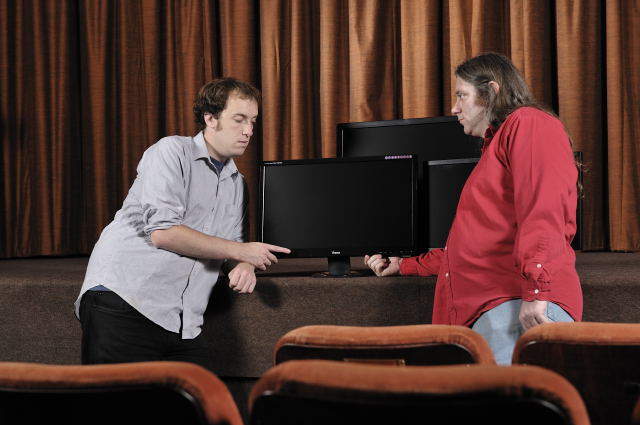
Hanson adds, "This was back in 2008, and Microsoft had licensed Future to create a magazine to show off its new operating system and help users get the most out of their PCs.
While it was the official magazine, Microsoft was thankfully quite hands-off for the most part, and the magazine was far more than just an advert for Windows Vista. Magazines were still selling well and we had a big team, and we did some really fun features such as renting out cars and using various map websites and SatNavs (remember them?) to see who could get to a random place as fast as possible.
It was genuinely fun, and here I am almost 20 years later still at Future and still writing about PCs.
The only issue was that Windows Vista was a bit, well… crap. I moved publications after a few years, writing for esteemed organs such as PC Plus, PC Format and Linux Format, to name a few. I was also involved in the launch of Windows 8: The Official Magazine, which again was a fun publication, though it had to deal with the fact that Microsoft had somehow made an operating system worse than Windows Vista.
But I’ll always have a soft spot for those less popular versions, as they helped get me to where I am today."
What about the future?
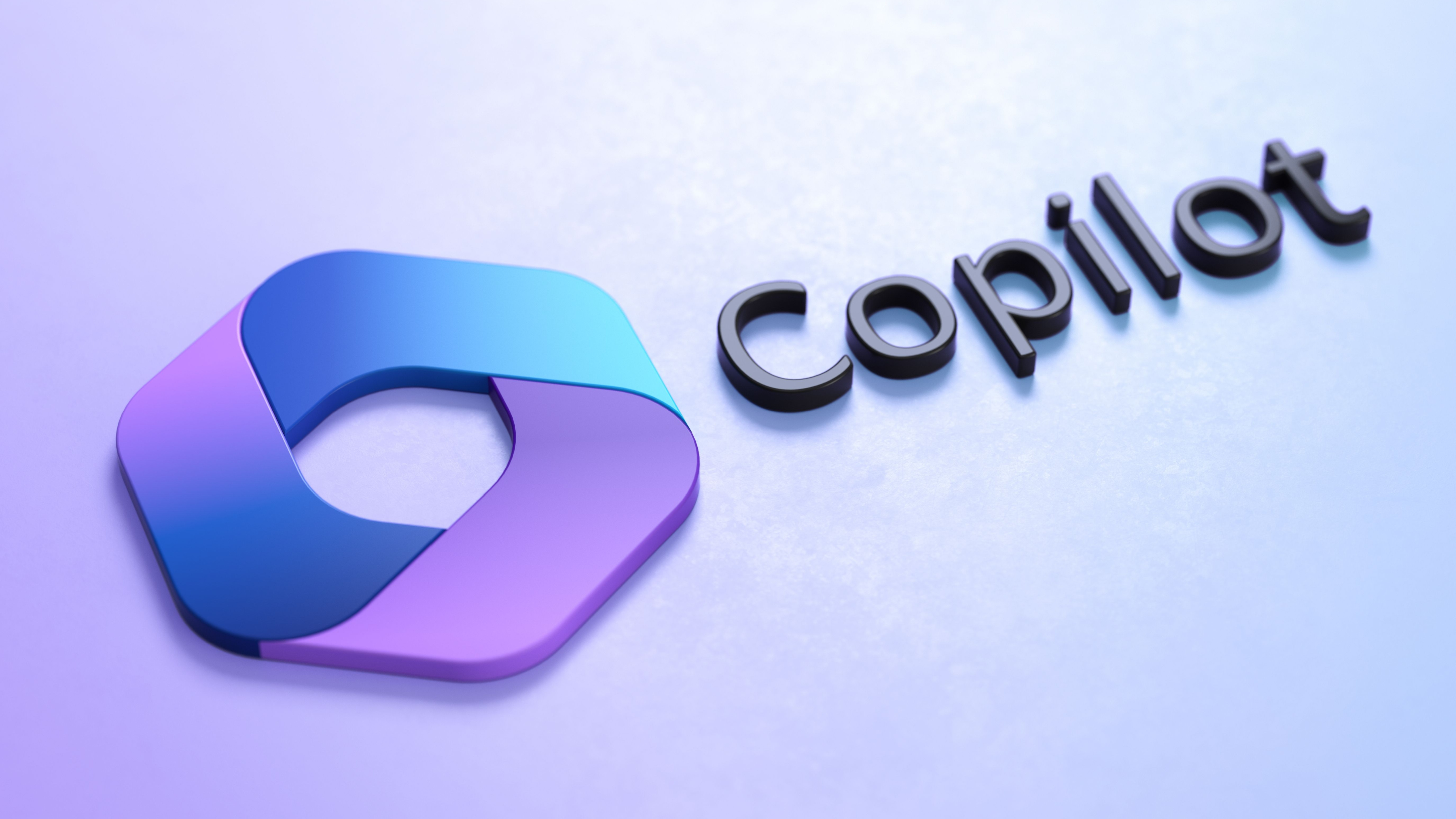
While it's lovely to talk about the past, what about the future?
The event tomorrow is focused around Copilot, but what could we see Microsoft unveil when it comes to AI?
This week, the company has rolled out Copilot Search in Bing, and it's available for free. Could that be at the core of the event? I'm not convinced
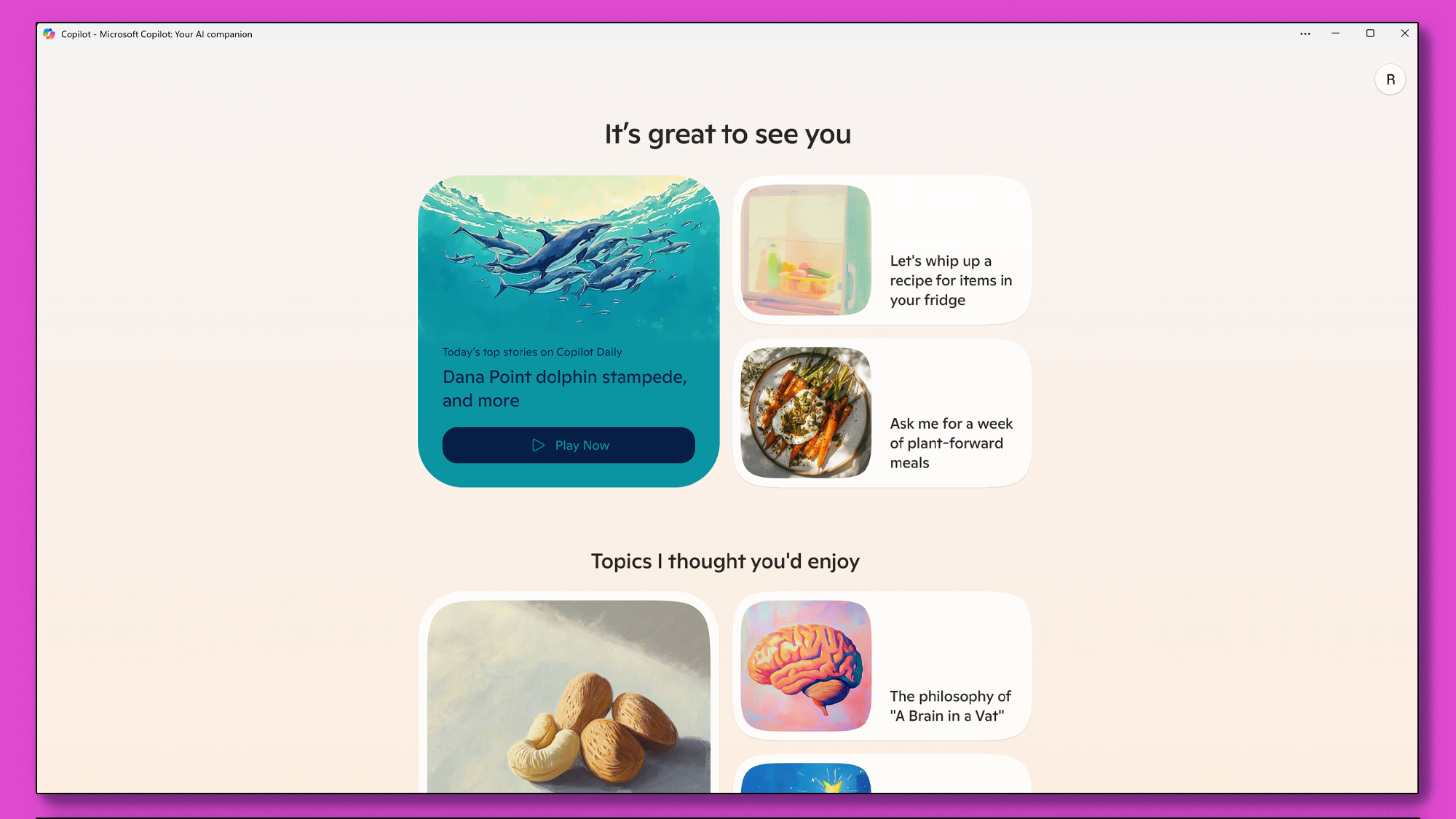
I don't think Copilot gets the love it deserves, and my colleague Eric thinks the same.
Earlier this week he wrote about the Copilot app and why you should give it a try.
Read his piece, "I tried Microsoft Copilot's iOS app, and here are 3 reasons why you should too" and maybe you'll be convinced to give Microsoft AI a go.
The good ol' days
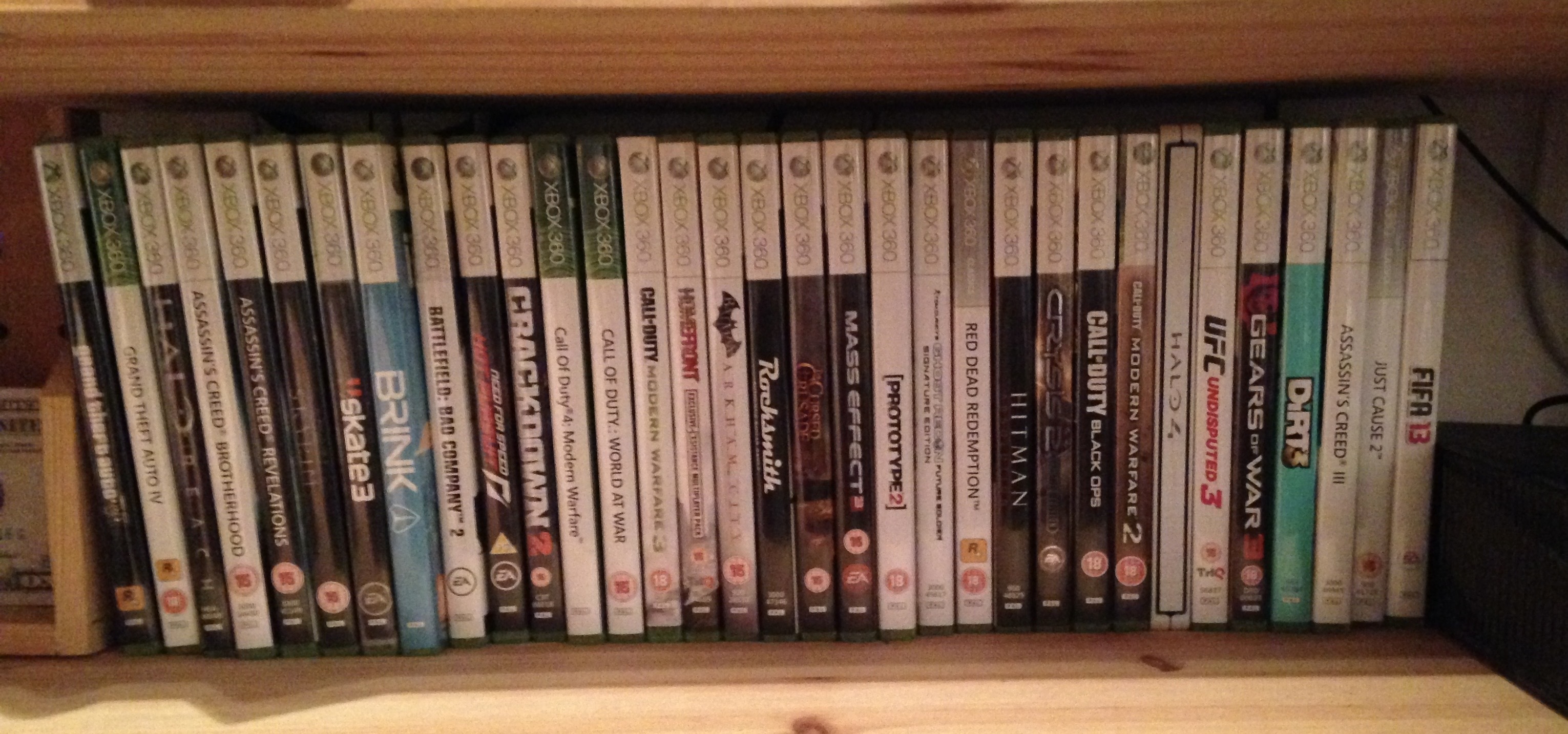
Let's jump to another TechRadar team member's favorite Microsoft memory. This time in the company's gaming division.
Axel Metz, TR's Phones Editor, says "I'm jumping in to nostalgia dump about my beloved Xbox 360.
This picture, taken in November 2013, is the first in my iPhone’s camera roll and shows my modest collection of Xbox games just moments before they were moved onto another shelf to make way for my shiny new PS4 collection.
I happily played those PS4 games for most of the next decade, but my fondest gaming memories relate to my Xbox 360 and the hundreds of hours I spent playing the likes of Halo: Reach, Assassins Creed: Brotherhood, Skate 3, Batman: Arkham City, Red Dead Redemption, Far Cry 3, Just Cause 2, FIFA 13… the list goes on.
The 360 console design was perfect; the controller was perfect; the dashboard was perfect; party chat was perfect – looking back, I can’t believe just how badly Microsoft dropped the ball with the Xbox One (even I, an Xbox lover, was forced to defect to PlayStation), but lest we forget just how much its game-changing 2005 console meant (and still means) to millions of people.
I remember those Xbox 360 days too Axel... What a time to be alive, coming home from school and jumping on Xbox live to play Call of Duty: Modern Warfare 2.
I have especially fond memories of the 360 era of video games because of my prowess at wrestling games. My claim to fame is my worldwide ranking in WWE Smackdown! vs. Raw 2007 where I was 11th in the world for steel cage matches.
Nowadays I'm lucky if I can win a game in any online lobby, kid these days are just built different!
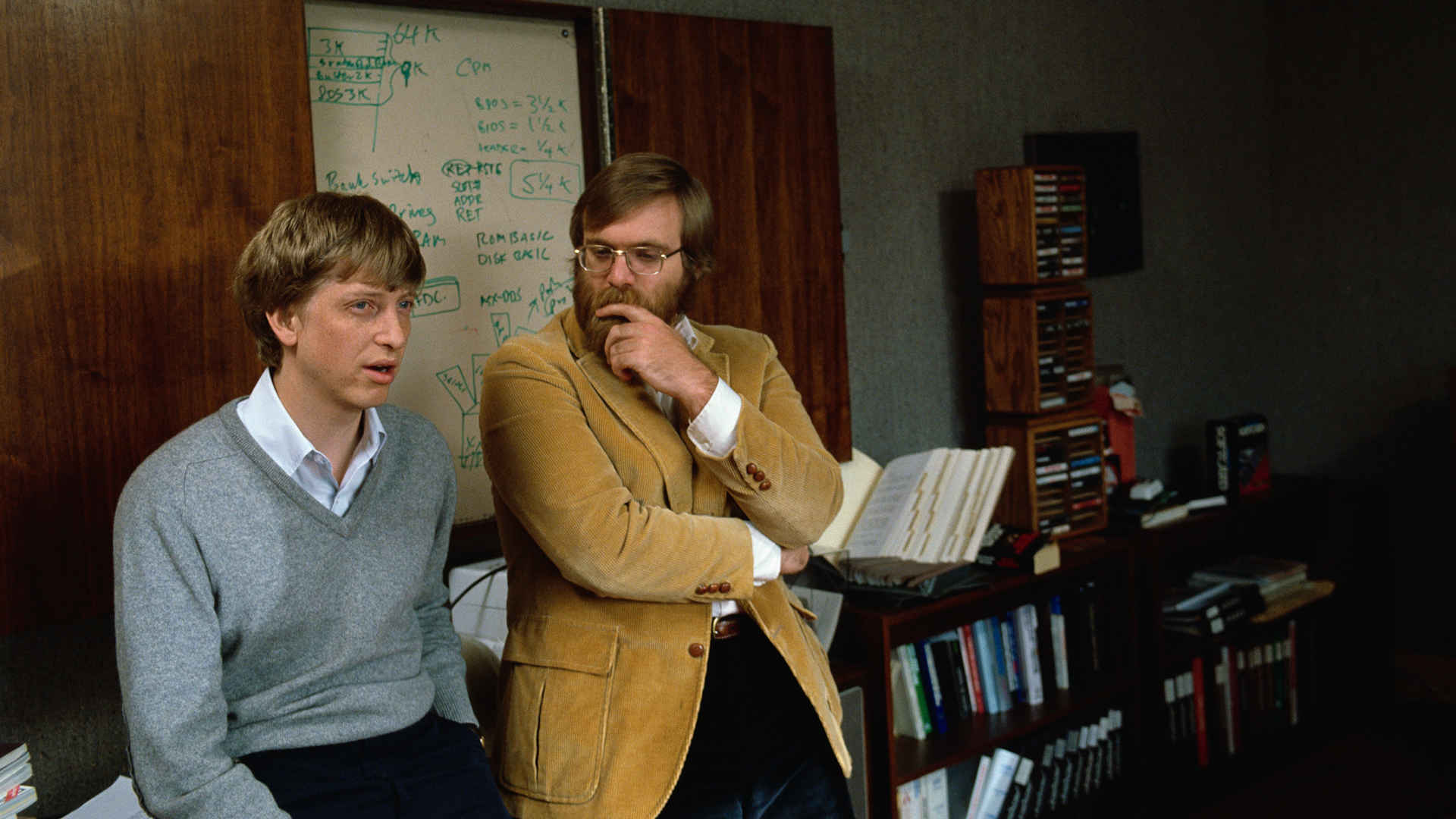
TechRadar's very own Editor At Large, Lance Ulanoff, is in Seattle for the Microsoft event, and he's written an excellent piece on how Gates and co have helped define the tech industry.
Lance has been covering Microsoft since the 1980s, so he's got a wealth of experience and knowledge to share on the evolution of the company throughout the decades.
In his latest article, "I've been covering Microsoft, DOS, and Windows since the 1980s, and Microsoft turning 50 is more important than you think", Lance discusses the company's impact on the industry and the ups and downs of the tech giant over the years.
Here's one of my favorite quotes from the piece:
"I booted up the computer and started playing around in what was then Windows 2.0. It had mouse support and windows, but seemed rigid, and as soon as I discovered there was no font support – a key component for digital publishing. I was out.
What I didn't realize at the time was how our destinies – Microsoft's and mine – would soon be intertwined."
This is an awesome article, go and give it a read!
Hello, I'm a PC
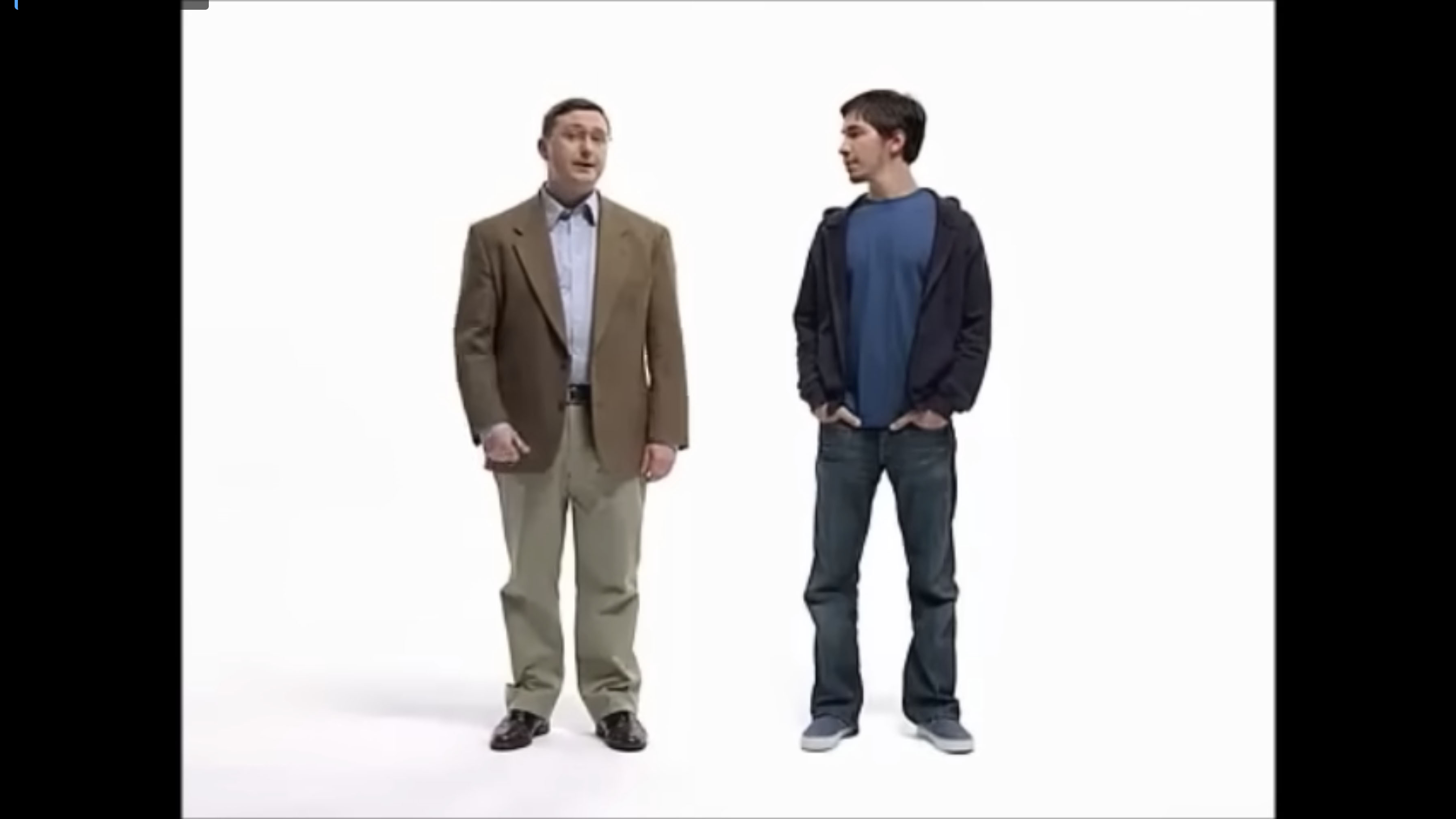
Graham Barlow, TechRadar's AI Editor has chimed in with his thoughts on Microsoft's 50th anniversary.
"With Microsoft hitting its 50th anniversary I’m reminded of the old rivalry between PC and Mac.
Back in the early 2000s, I was the editor of MacFormat, the UK’s no.1 Apple magazine, and Microsoft was our sworn enemy. It was just a few years later (2008) that Apple created the “I’m a Mac, and I’m a PC” advertising campaign featuring John Hodgman and Justin Long.
I used to love those adverts and I remember recreating the look and feel of them with the editor of PC Answers at the time, Simon Pickstock, for a magazine feature. We had some fun with that. Of course, I played the Justin Long character and Simon played the John Hodgman character. I made fun of Windows’ inability to survive for five minutes on the Internet without getting some sort of malware infestation and he laughed at the Mac’s inability to get a DIY memory upgrade.
The two iconic characters exemplified everything about Mac and PC owners of the time, and in a way, it’s still true today. Windows and Microsoft have never been ‘cool’ like the Mac has, but it’s a testament to Windows’ enduring popularity that it’s still here today, and still the only real choice for a PC operating system. (Yes, I’ve heard of Linux, thank you).
Of course, the joke was on me when a few years later I was asked to also run Windows Help & Advice magazine in addition to my duties on MacFormat, in a way that made it pretty clear that “no” was not going to be an option. Windows Help & Advice didn’t survive COVID-19 sadly, but at least that meant I got a break from running “How to reinstall Windows” cover features every other month (yes, they were that popular).
Interestingly, MacFormat is still going strong, and it’s one of the few technology magazines that continues to still exist in print.
While the Windows magazine readers may have all migrated online and now exist in the cloud somewhere, it turns out that they were the ones who were more interested in living in a digital world than the Mac owners. Back in 2008, who would have thought that?"
I'm loving all these Microsoft memories, and it's great to learn more about my colleagues' careers. Keep em' coming folks!
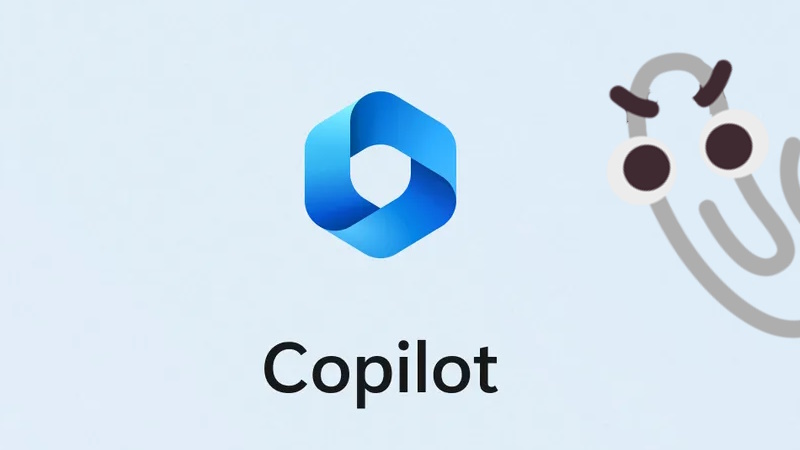
Back to the Copilot event. It's hard to know exactly what Microsoft has up its sleeve for tomorrow's livestream, but you'd hope it's something important considering it's linked to the company's golden anniversary.
Eric Hal Schwartz wrote about the 4 things he wants to see announced at the Copilot event, and I'm in agreement with some of his ideas.
My favorite concept in his list is the return of Clippy, Microsoft's most famous mascot. Could you imagine a Copilot-powered Clippy in Windows 11? Sign me up!
Now, let's go back down memory lane, as Marcus Mears II – TechRadar's Computing Reviews and Buying Guides Editor – looks back on the Xbox 360.
The One Thing No Xbox Owner Wanted to See
It's not too often we get omens in the world of tech and gaming (well, not counting HP). But there's one symbol synonymous with the Xbox 360 - and its creator, Microsoft - that certainly fits the bill. The infamous "Red Ring of Death" would rear its ugly head to tell you "this Xbox's time is up. Repair or replace, but go no further!"
A number of flashing red lights would appear around your 360's power button, alerting you of one or more critical hardware errors going on under the hood. But did you know that depending on how many lights were shown, and in what positions they populated, your Xbox was giving different and specific cries for help?
If you saw one red light in the bottom right of the ring, you were looking at some form of acute hardware failure, and typically it was followed up with an error code on your display. If two red lights appeared, your Xbox was overheating and needed some time to cool off.
Three red lights was the unfortunate star of the show, the Red Ring of Death, and it meant your Xbox 360 had critical hardware errors preventing it from running normally. Your display wouldn't show an error code, and you were left clutching your console in your hands, thinking back on all the good times you had together (or more likely using some choice words while trying to get it to work again).
After several years of Microsoft-fueled fun, my own 360 went the way of the Red Ring. Getting rid of your favorite tech is never fun, but thinking back on it certainly can be. 50 years in the game is a long time, and there's bound to be ups as well as downs. Leave it to Microsoft to make the downsides an iconic walk down memory lane.
Similar to the red rings that frustrated countless Xbox 360 owners, Rob Dwiar – TechRadar Gaming's Managing Editor, is recalling the Xbox One launch from 2013.
Who can forget the catastrophic Xbox One launch in 2013?
The launch of Microsoft’s third Xbox console is etched into console gaming history - and may have handed Sony the ‘win’ for the generation before it even started.
One thing after another was revealed that stacked up to take any wind the Xbox One had completely out of its sails.
There were eyebrows raised at rumors before its reveal (that turned out to be true) that the Xbox One would require a constant persistent internet connection, and concerns over it being a move to stop folks selling their games after playing them. In particular, if games just became licenses rather than actually owned things then consumers didn’t really own the games and couldn’t lend or resell physical games easily. Something Sony seized upon to great effect after the two consoles were fully revealed.
Then, at the official unveiling before E3, Microsoft went all in on the console being a home entertainment hub rather than a games console, choosing not to even show a video game for more than 30 minutes in a presentation.
The ‘always online’ and used-game restrictions came to the fore once again around the time of E3 with Microsoft holding firm, advising those who didn’t like the idea of being permanently connected or had limited access to the internet to essentially stick with the outgoing Xbox 360. A message that was provided while launching their next-gen console. Baffling.
Then came the backtracks, in part due to the overwhelming negative reaction, and in part because Sony had jumped on the mistakes and been aggressive in its launch of the PS4. First on the licensing and used game element with folks now able to do the same as they had with their Xbox 360. Microsoft also backtracked on gamers having to have the Kinect sensor plugged into the console all the time for it to function. However, I haven’t even mentioned the fact that the Xbox One was still priced at $100 more than the PS4 and there was a distinct lack of exclusives to throw in the mix too.
Things have changed now, however, and the Series consoles’ launch in 2020 was far smoother. However, the brand took a huge hit, and Xbox hardware still doesn’t sell as much as its competitors. Its recent repositioning as a multiplatform game publisher bringing games like Indiana Jones and the Great Circle and the Doom series to players of all stripes might just be the evolution it needs to survive - and thrive.
Jacob Krol, TechRadar's US Managing Editor News, here, and I'm on the ground in Seattle getting ready for Microsoft's big event tomorrow. But before Lance and I head to the tech giant's campus for the event, I'm taking a look back memory lane to Windows XP and an all-time classic game, Zoo Tycoon.
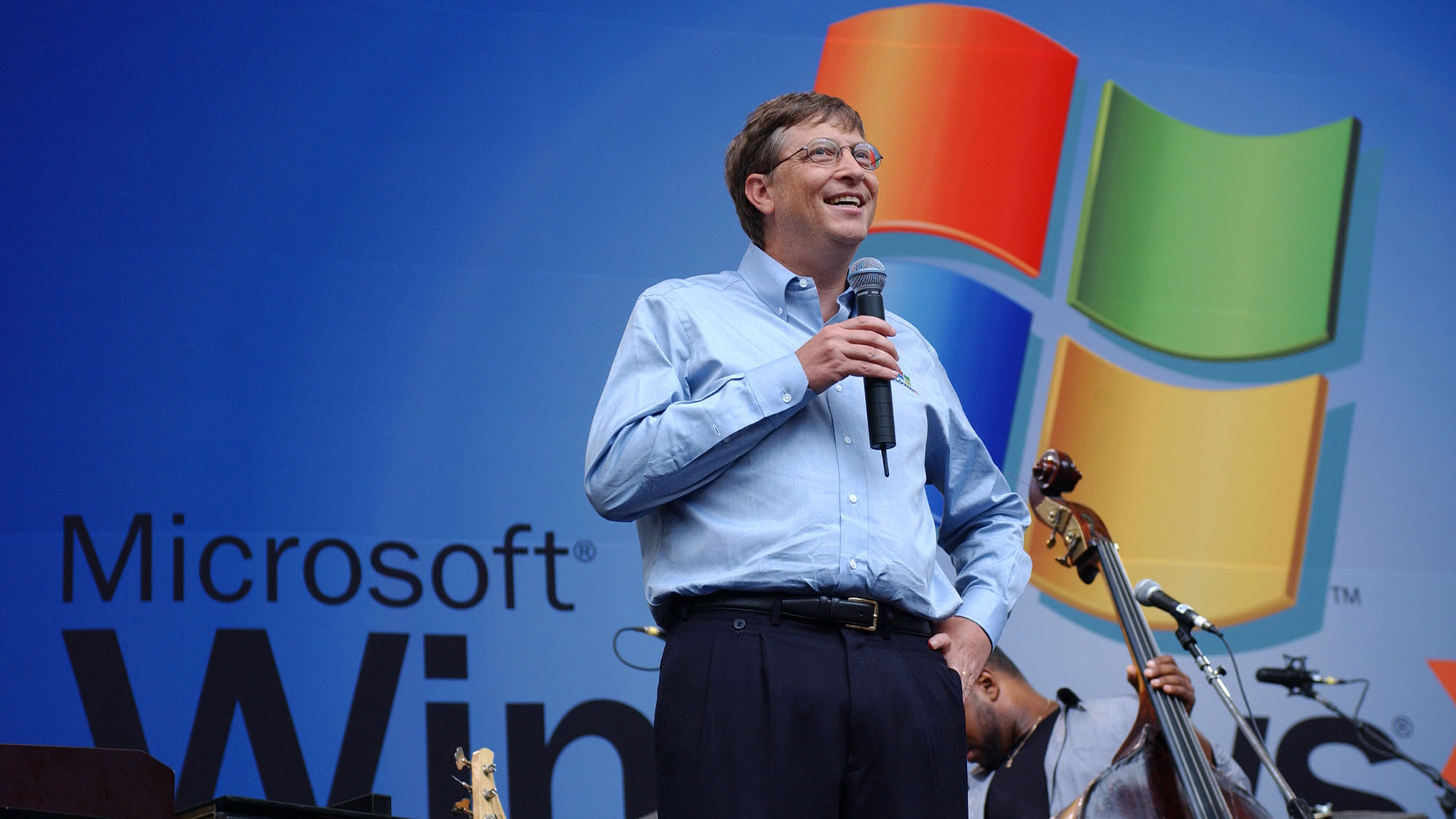
Long before I used a Mac, it was all about the PC – specifically Windows XP. A modern look for Microsoft’s OS that presented itself with greener pastures and that now iconic desktop. I also used a bit of Windows 98, and maybe at some point 95 – but not exactly certain.
What I can tell you is that my long-founding interest in technology, which led me to create my own tech blog at 14 and now here at TechRadar, was my dad Henry. I remember being in the basement of our home alongside him and my brother, Max, tinkering with these off-white or black towers – kitting out PCs or making upgrades.
At one point, we even went down the Linux wire – opting to install Ubuntu or even RedHat. Still, even with those outsides, Windows XP was a central figure and one that I remember exploring my time early on the internet with.
Even more important were the titles that Microsoft was publishing. I was big into tycoon games, and while Rollercoaster Tycoon is always front and center, especially as I can still play it now, I yearn for Zoo Tycoon, which Microsoft published. It was so much fun I could spend hours creating the best zoo park possible – I remember being incredibly stoked when the Marine Mania expansion pack dropped. Dinosaur Digs was cool as well.
Maybe one day we’ll see a re-release of the iconic, original Zoo Tycoon from 2001 – who knows, maybe even for the purported Xbox handheld. Those games stick out for me from the early Windows experience, but the memories are the time spent building with my dad, brother, and mom watching.
Matt Hanson's – TechRadar's Managing Editor Core Tech – first experience with Windows was Windows 3.1, and yes, that's before the iconic Start icon made its debut.
My first Windows: Windows 3.1
Windows is arguably Microsoft’s defining product, and while the operating system has not always been smooth sailing, for many of us, some sort of Windows has been a gateway to some wonderful times, from launching iconic PC games to chatting with friends over MSN Messenger or exploring this new and exciting thing called the internet.
So, we might not always have a lot of affection for Windows (and by extension Microsoft), but the part it has played in our digital lives, and the opportunities it provided, cannot be denied.
The first version of Windows I ever used was Windows 3.1, and I’ll always have a soft spot for it. This was before the iconic Start menu was introduced in Windows 95, but there are still some parts of the operating system that will still be recognisable to anyone using Windows 11, 32 years later.
Windows 3.1 was particularly impressive to me, as my first Microsoft operating system was DOS, which was a command-line OS. This meant there wasn’t a graphical user interface (GUI) - instead there was a simple command line where you typed in commands to perform tasks. Moving between folders would begin with CD (and then the location on your hard drive) to change directory, then DIR would list the files within the folder.
As a young kid, it was fun learning these commands as it made you feel like some sort of computer wizard. However, it was also time-consuming and sometimes frustrating. So you can imagine my delight when I got Windows 3.1, which featured a GUI made up of the windows that the OS got its name from. The same task now took seconds by clicking on icons of folders within the Windows Explorer - a part of Windows that remains to this day.
Having a GUI made using my computer so much easier. It allowed me to tinker, change, and learn about how PCs work and, of course, quickly launch games. My love of computers truly began with Windows 3.1.
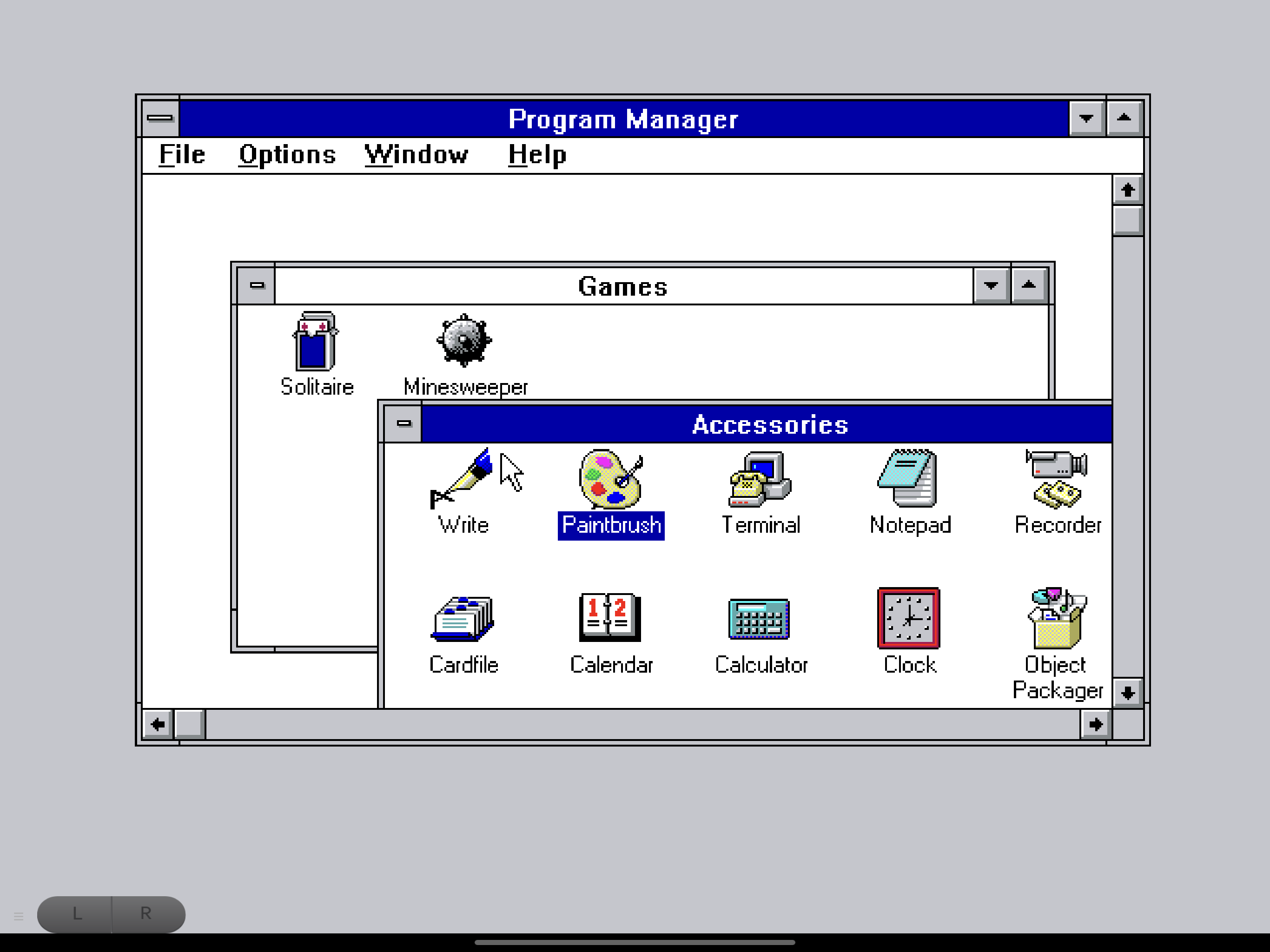
What next for Copilot?

Graham Barlow here, TechRadar's Senior AI Editor.
It initially struck me as odd that Microsoft has chosen to co-brand its 50th anniversary celebration with a Copilot event. But, if you ever needed a good indication of how seriously Microsoft is taking AI and how much of the company it is willing to bet on Copilot, I think this is a good indication.
While Copilot has a potentially huge user base, being part of Windows itself, it doesn’t get the same kudos that the AI giants like ChatGPT and Gemini, or even Claude are getting. Partly this is because Microsoft has pivoted to addressing the needs of business customers, rather than consumers, with Windows. Microsoft might not agree with me there, but that’s my impression. A good example of this is how a lot of the promotional material around Copilot stresses how much it can help you at work, and all the things it can do to make you more productive.
But when I think of what Microsoft might have in store for a Copilot event it feels like there could be a real shift in how Microsoft is thinking about AI and Copilot. That’s why I think that whatever Microsoft has in store for us with Copilot today will be much more ‘fun’ and appealing to the people who just have Copilot on their PC at home and don’t really use AI.
There are a lot of potential new Copilot users out there and Microsoft could be about to wake them up.
Losing out on consumers was not a big loss in the end
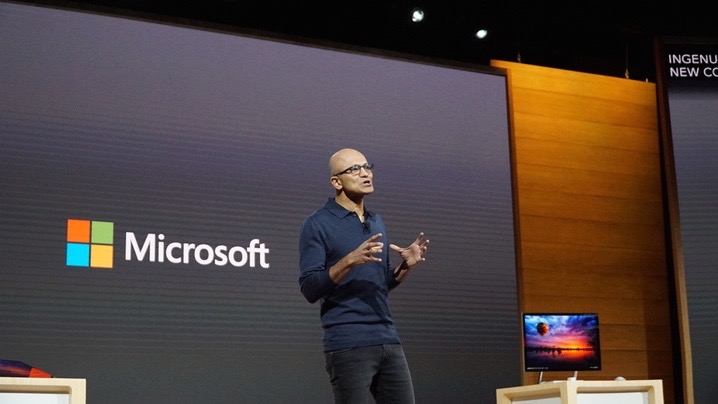
We're going to keep going down memory lane as we get closer to the event later today.
Desire Athow, TechRadar Pro's Managing Editor, has taken a look back at Microsoft's evolution from consumer focus to business orientated over the years:
"Consumers played a big role in Microsoft's fortunes over the decades but its failures to capitalize on the early days of the smartphone revolution meant that Google and Apple were the two companies that would ultimately win.
Forced to give up on its dreams of world domination in the consumer market after the catastrophic 2013 Nokia acquisition, it saw the arrival of Satya Nadella as its third CEO and a refocus on business and enterprise.
The rest, as they say, is history. Microsoft's earnings release from January 2025 shows that its personal computing division represented just over 20% of its revenue; down from 36% just five years ago.
Most importantly, revenues from Microsoft's business services are on the up, often in double digits, year on year, an order of magnitude more than its Xbox division. All this more than justifies its near $3 trillion market capitalization and resurgence as a B2B powerhouse."
Time for something different... A super cringey but somewhat wholesome video shared by Microsoft CEO Satya Nadella on X.
In the clip Bill Gates, Steve Ballmer, and Satya Nadella, Microsoft's three CEOs throughout the companies history get roasted by Copilot.
Yep, that's right three of the most powerful people in the world of tech sitting round a table for an AI roast. I'll let the content do the talking...
Three Microsoft CEOs walk into a room on Microsoft’s 50th anniversary … and are interviewed by Copilot! pic.twitter.com/5E8wHCDV92April 4, 2025
Microsoft and piracy: a curious relationship
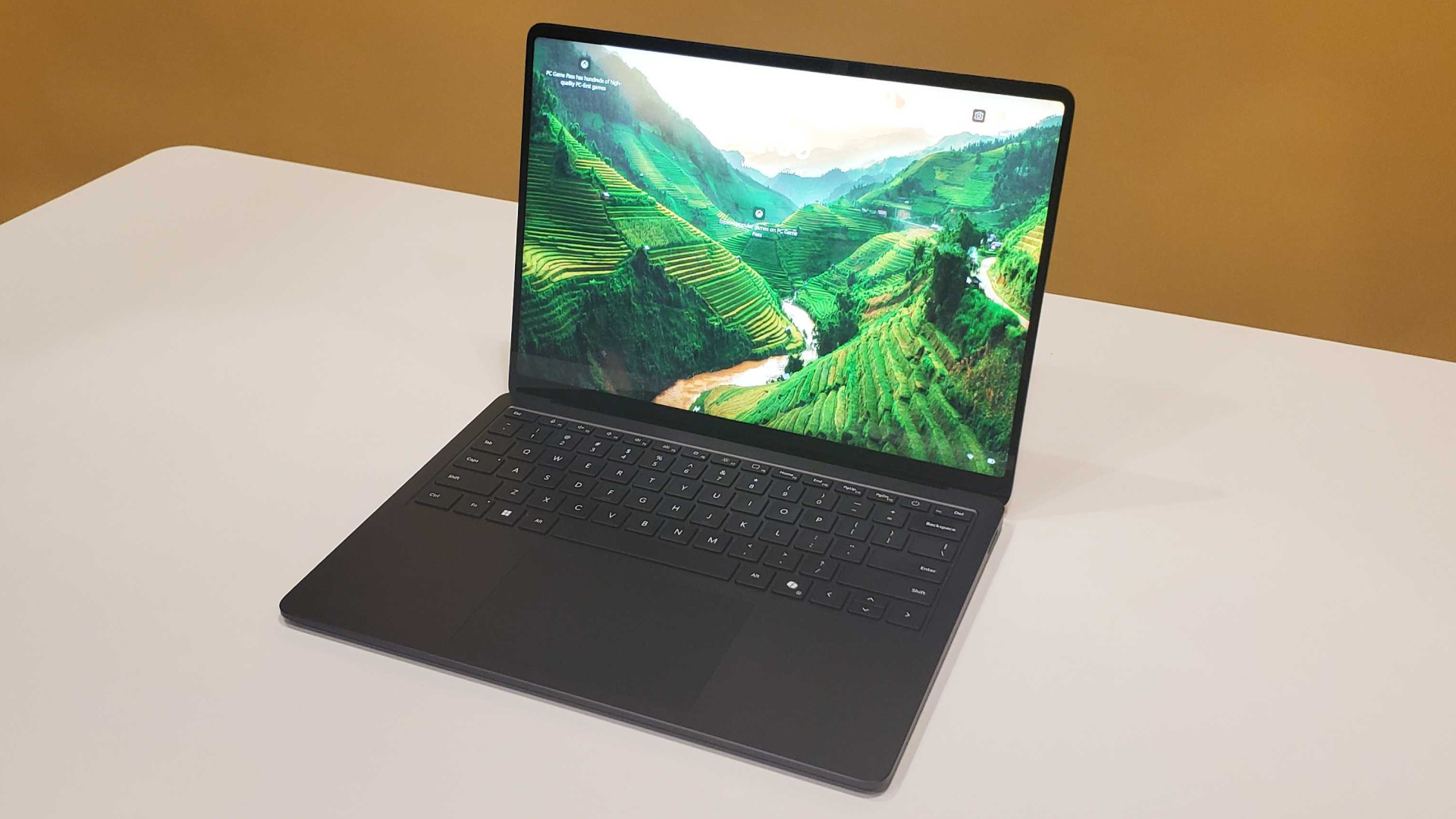
More from Desire Athow now, who talks about the relationship between Microsoft and privacy over the years:
"Back in the day, piracy was a big thing for Microsoft. Do a search on Windows 11 on Google or even on Microsoft's own Bing. All the sponsored slots were purchased by retailers offering Windows 11 keys for significantly less than what you'd expect, often less than £20.
Microsoft is certainly aware of this but doesn't seem to care. It's not new, I wrote on Why Microsoft could be dropping the ball on software piracy six years ago and not much has changed. One doesn't have to dig deep to find software keys and licenses that I'd consider as being of dubious origin.
Back then I pondered, "Microsoft’s attitude to piracy can therefore be interpreted as a tacit acknowledgment of its usefulness as a marketing tool." What was true back then seems to be true right now."
It's a big deal in Seattle
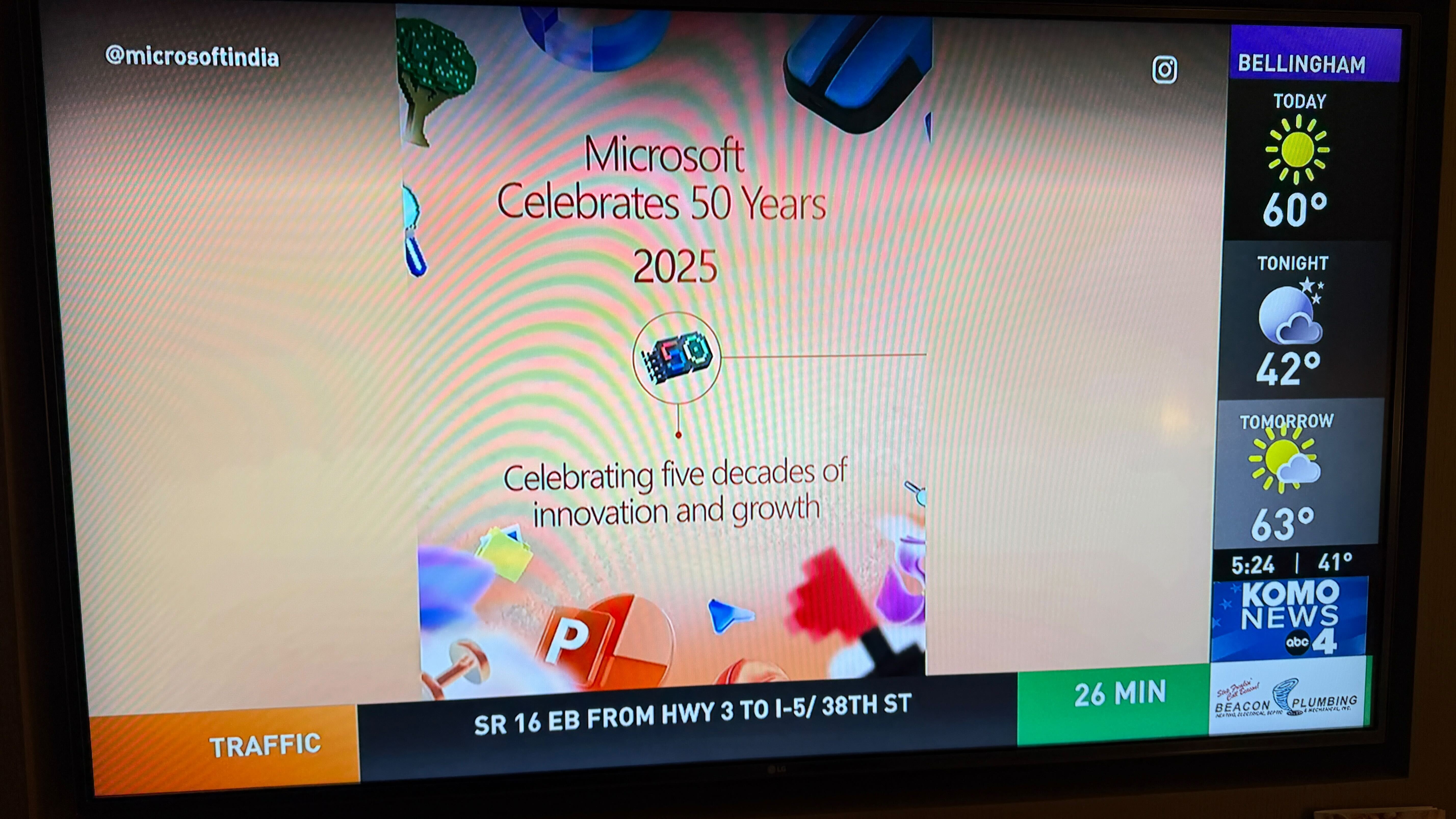
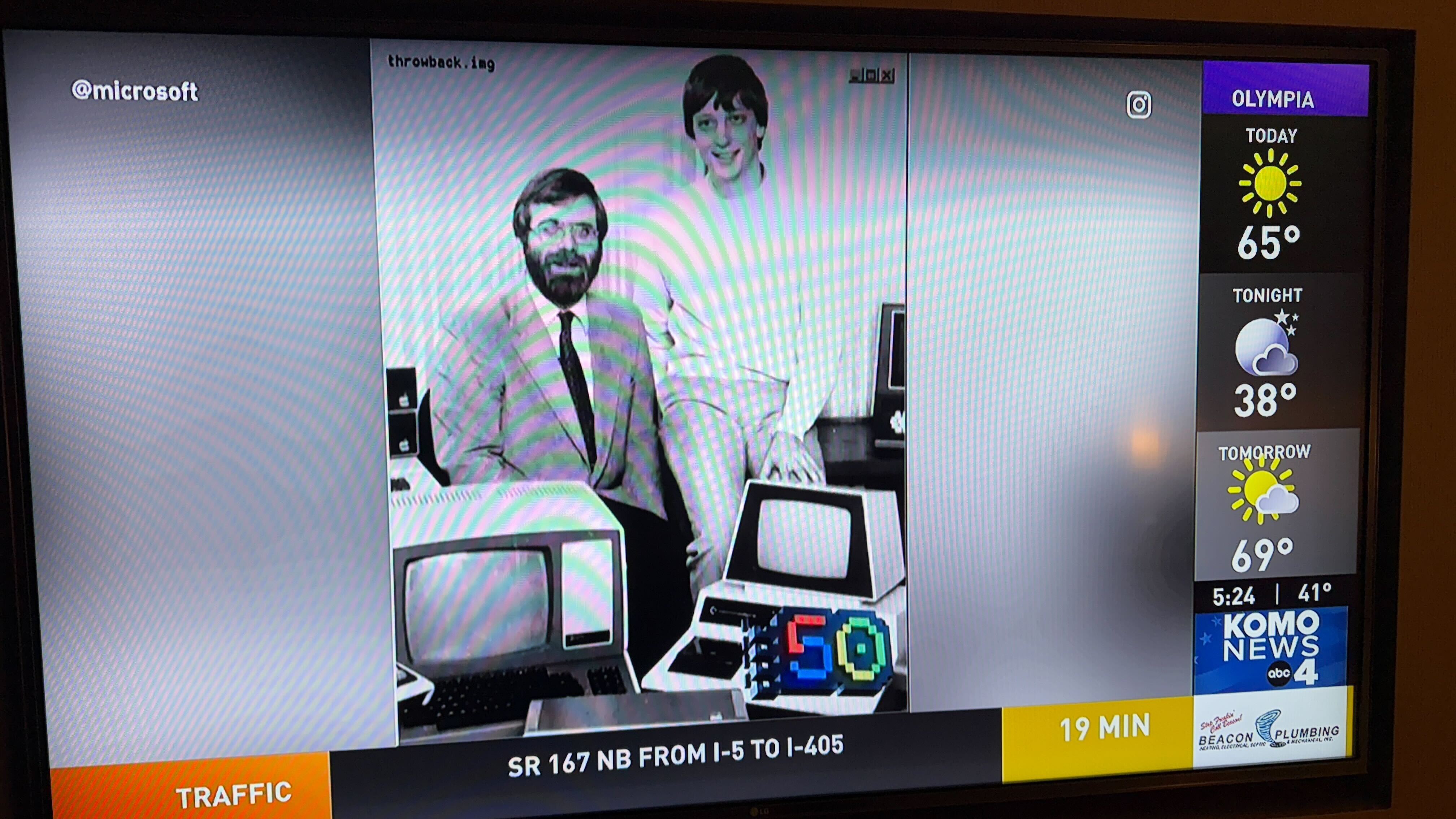
Today's Microsoft 50th Anniversary Copilot event is a big deal indeed. TechRadar's Editor At Large is on the ground in Seattle and he's shared images of the local news broadcast highlighting the big bash.
Remember the livestream starts at 9:30 AM PT / 12:30 PM ET / 5:30 PM BST later today, and will stream live on Microsoft's website.
If you're unable to watch the livestream, we'll have you covered with all the breaking news as it happens.
A very cool throwback
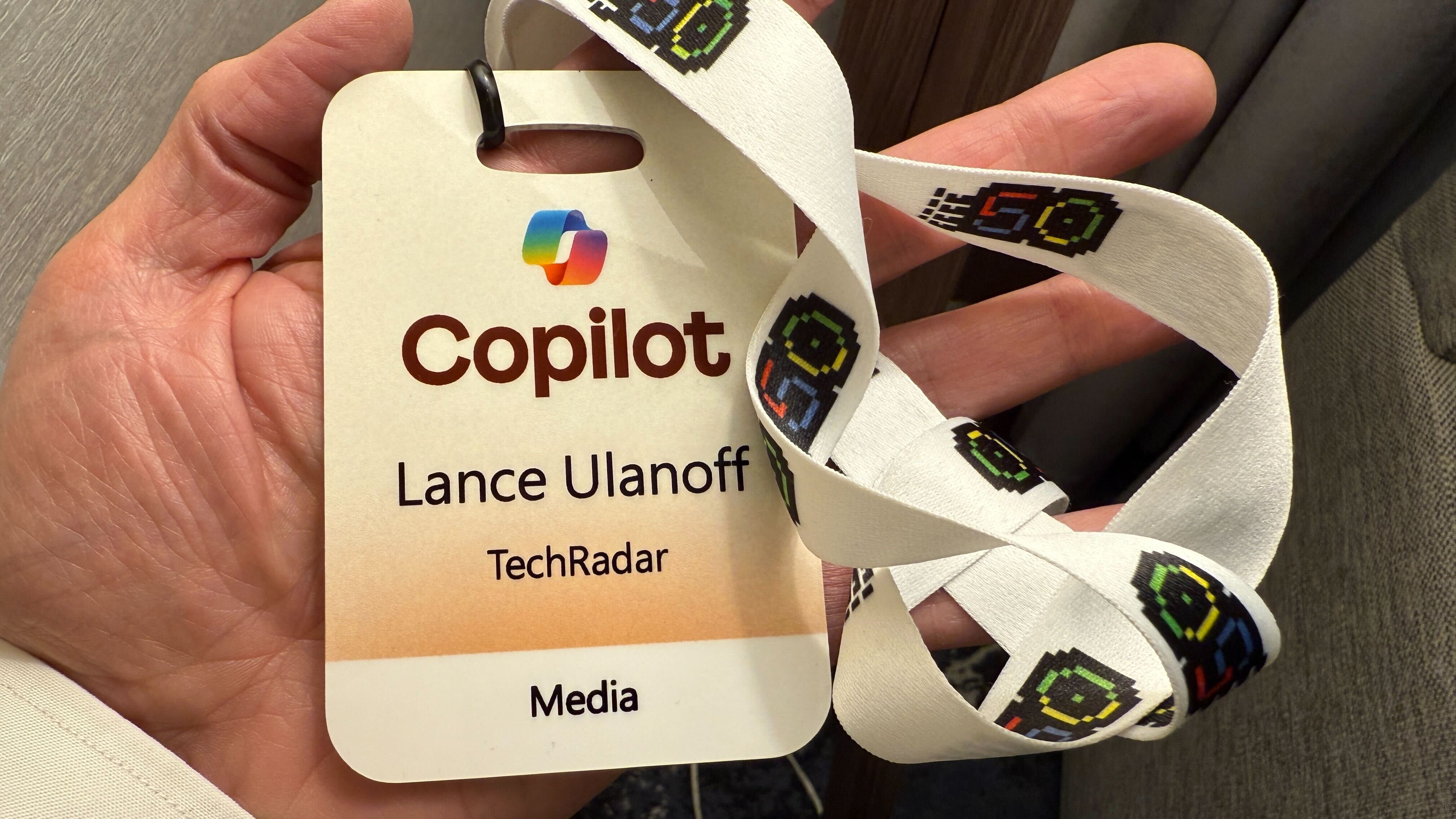
Here's an image of Lance's media badge for the event today with a cool throwback logo to Microsoft's most iconic logo of all time.
Take a look at the strap, the "50" logo celebrating the 50th anniversary looks like the Windows 95 logo, and that's pretty cool!
Arguably one of the most iconic tech logos of all time, it's always nice to see retro Windows logos again.
















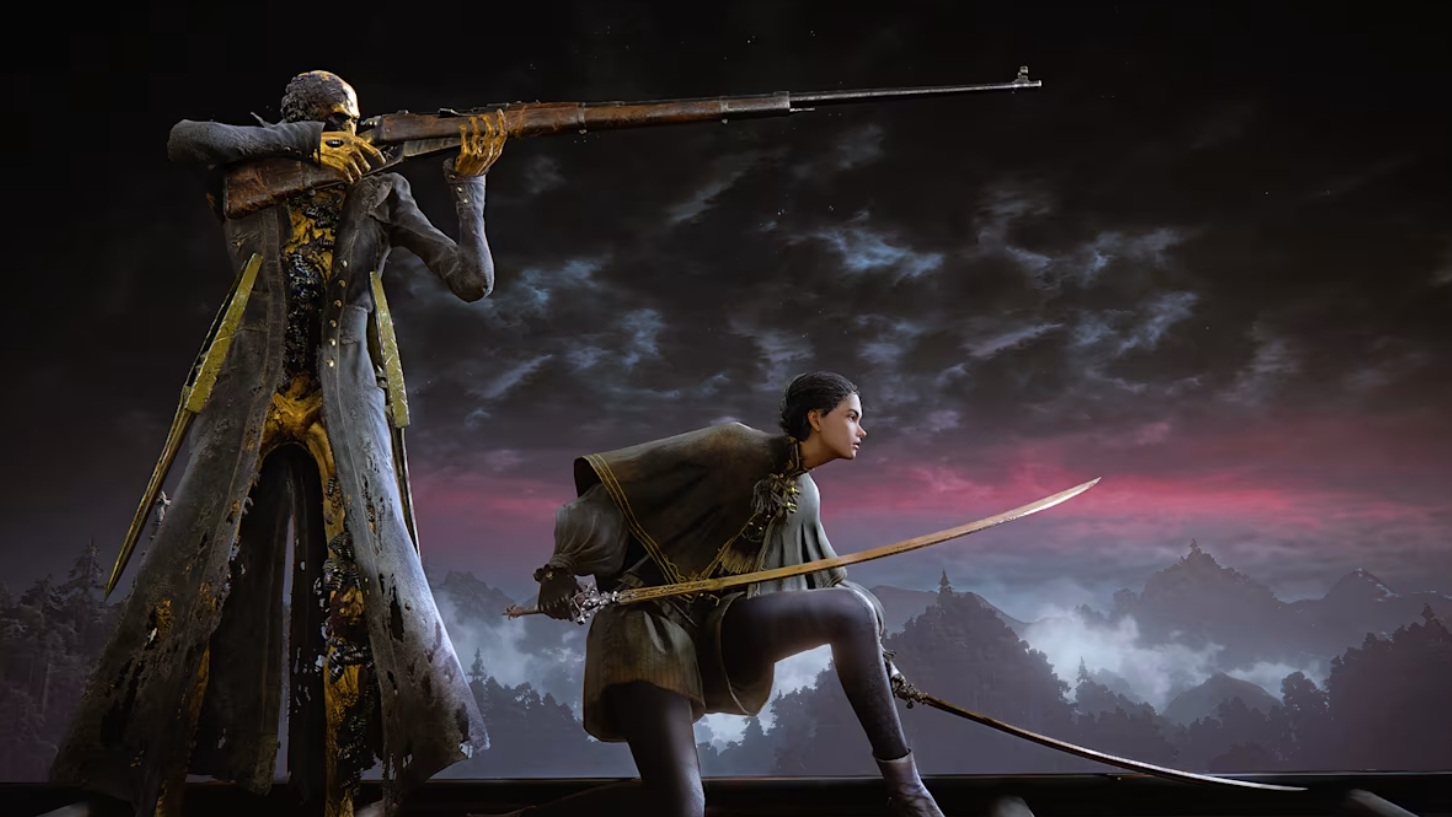





































.jpg)
%20Abstract%20Background%20112024%20SOURCE%20Amazon.jpg)





















































































































![[The AI Show Episode 142]: ChatGPT’s New Image Generator, Studio Ghibli Craze and Backlash, Gemini 2.5, OpenAI Academy, 4o Updates, Vibe Marketing & xAI Acquires X](https://www.marketingaiinstitute.com/hubfs/ep%20142%20cover.png)















































































































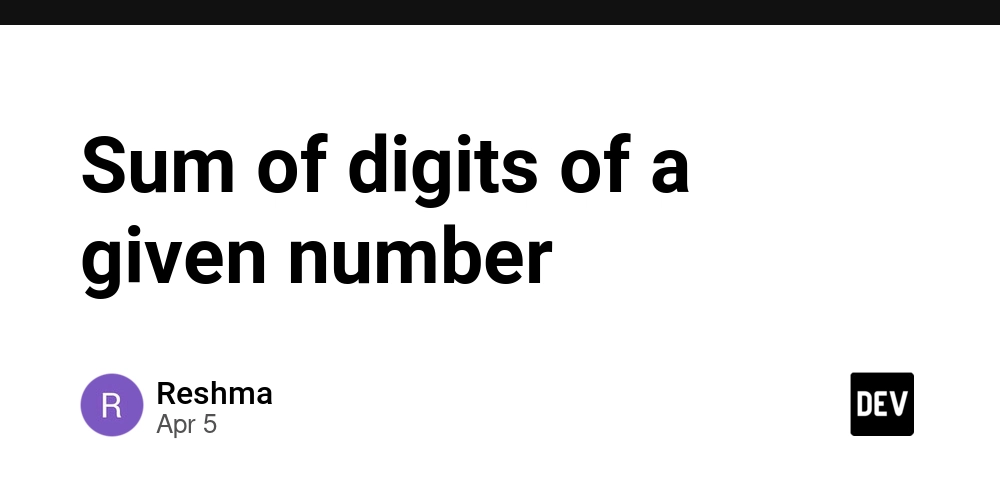
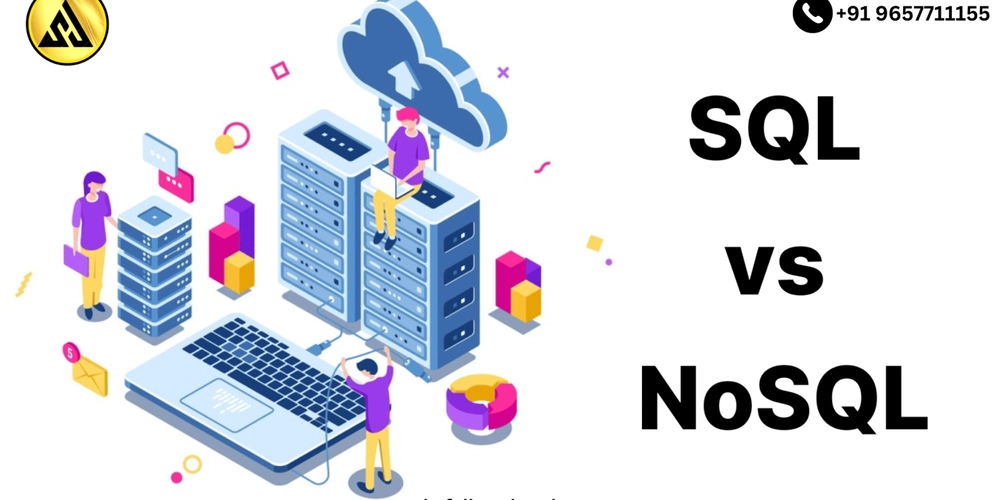
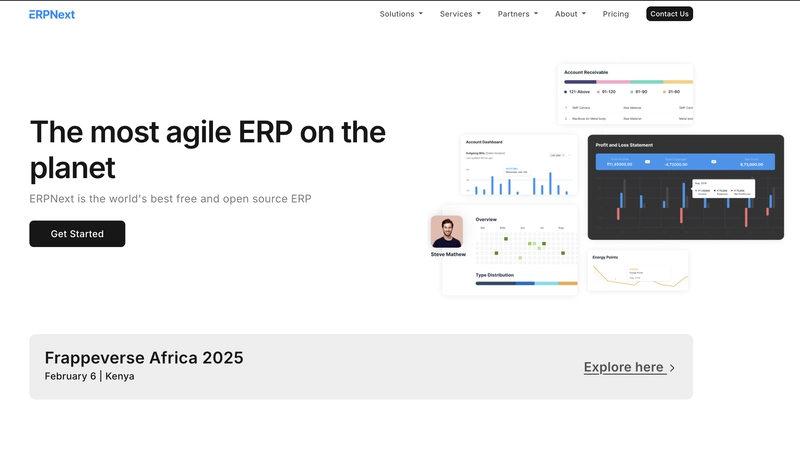













![From drop-out to software architect with Jason Lengstorf [Podcast #167]](https://cdn.hashnode.com/res/hashnode/image/upload/v1743796461357/f3d19cd7-e6f5-4d7c-8bfc-eb974bc8da68.png?#)



























































































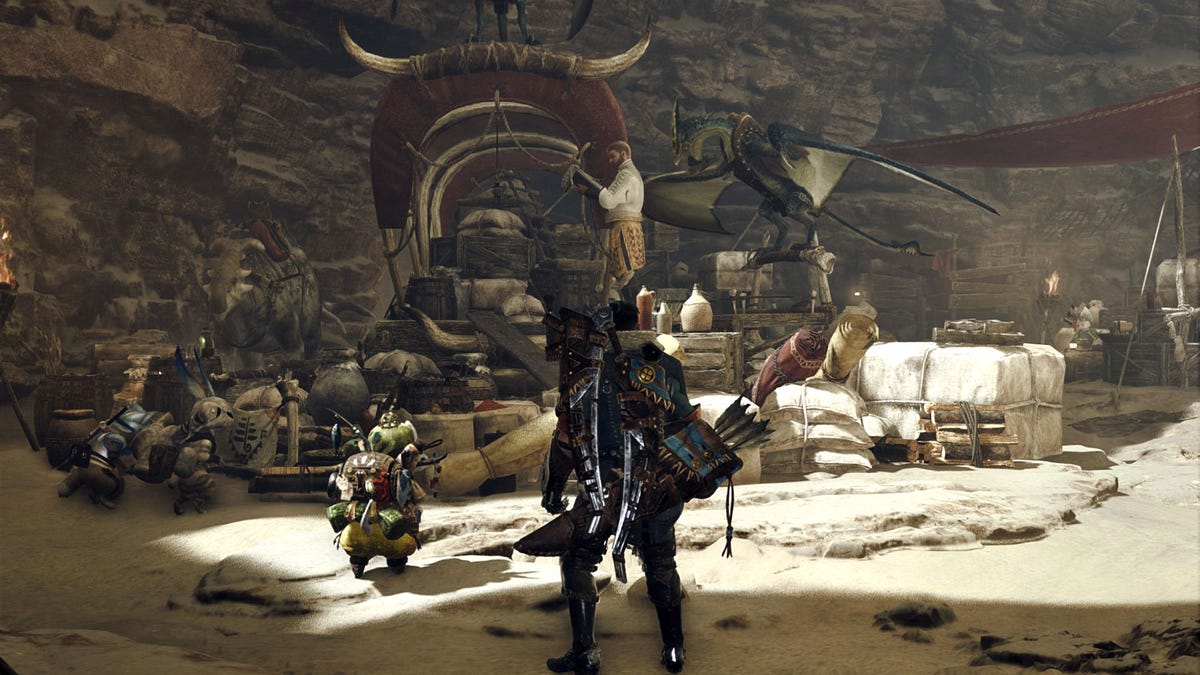








.png?#)





.jpg?#)


















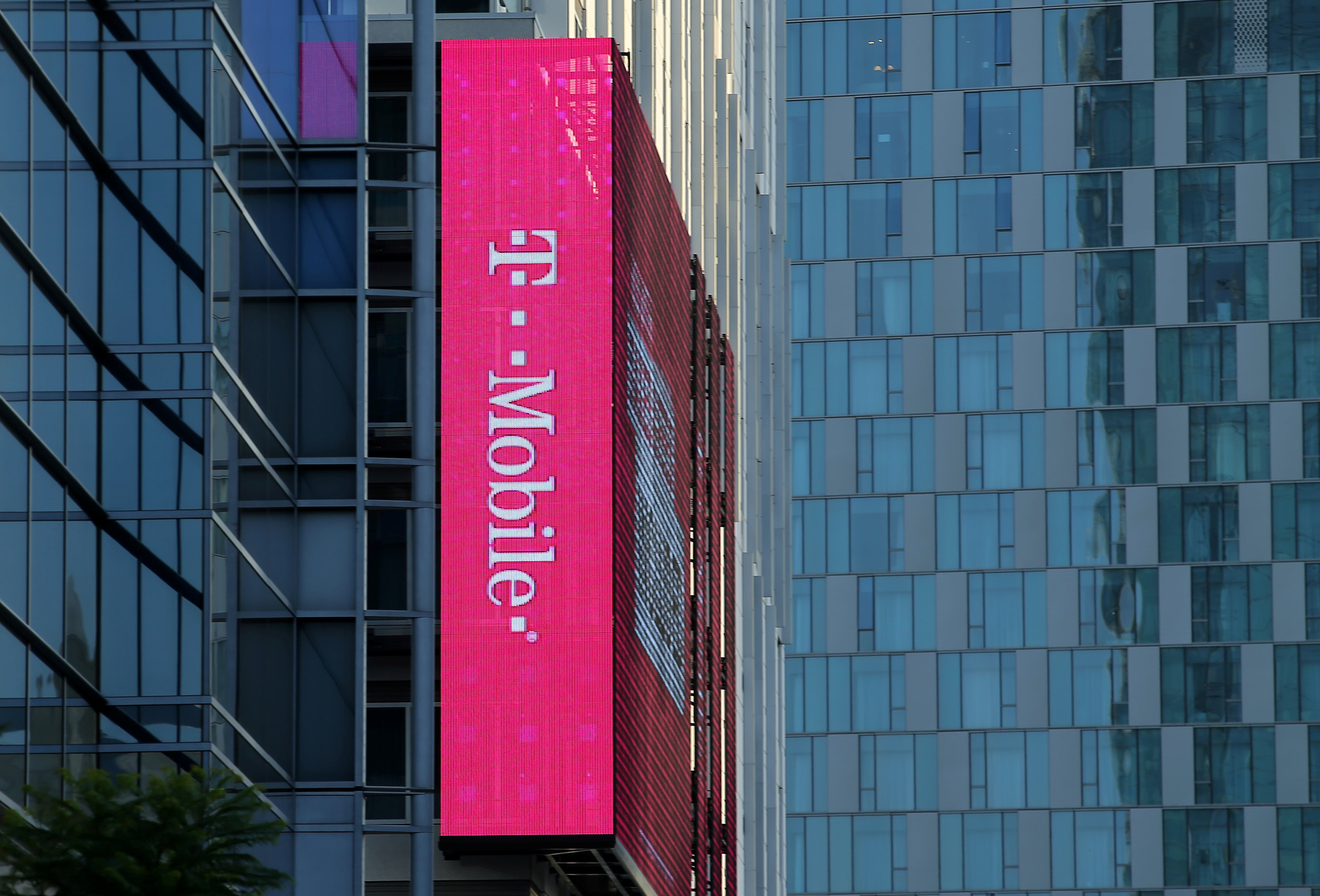













_Christophe_Coat_Alamy.jpg?#)


































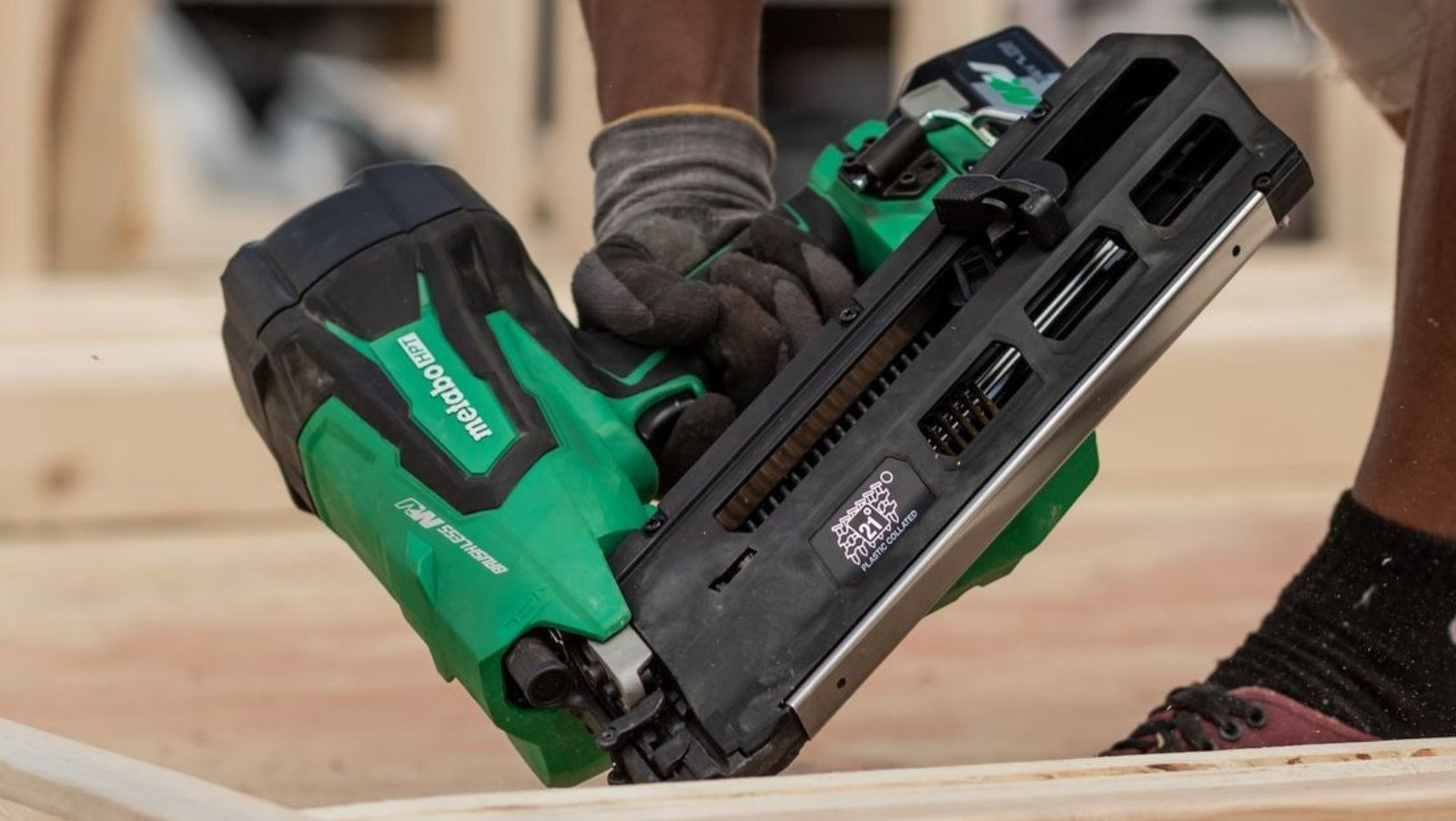


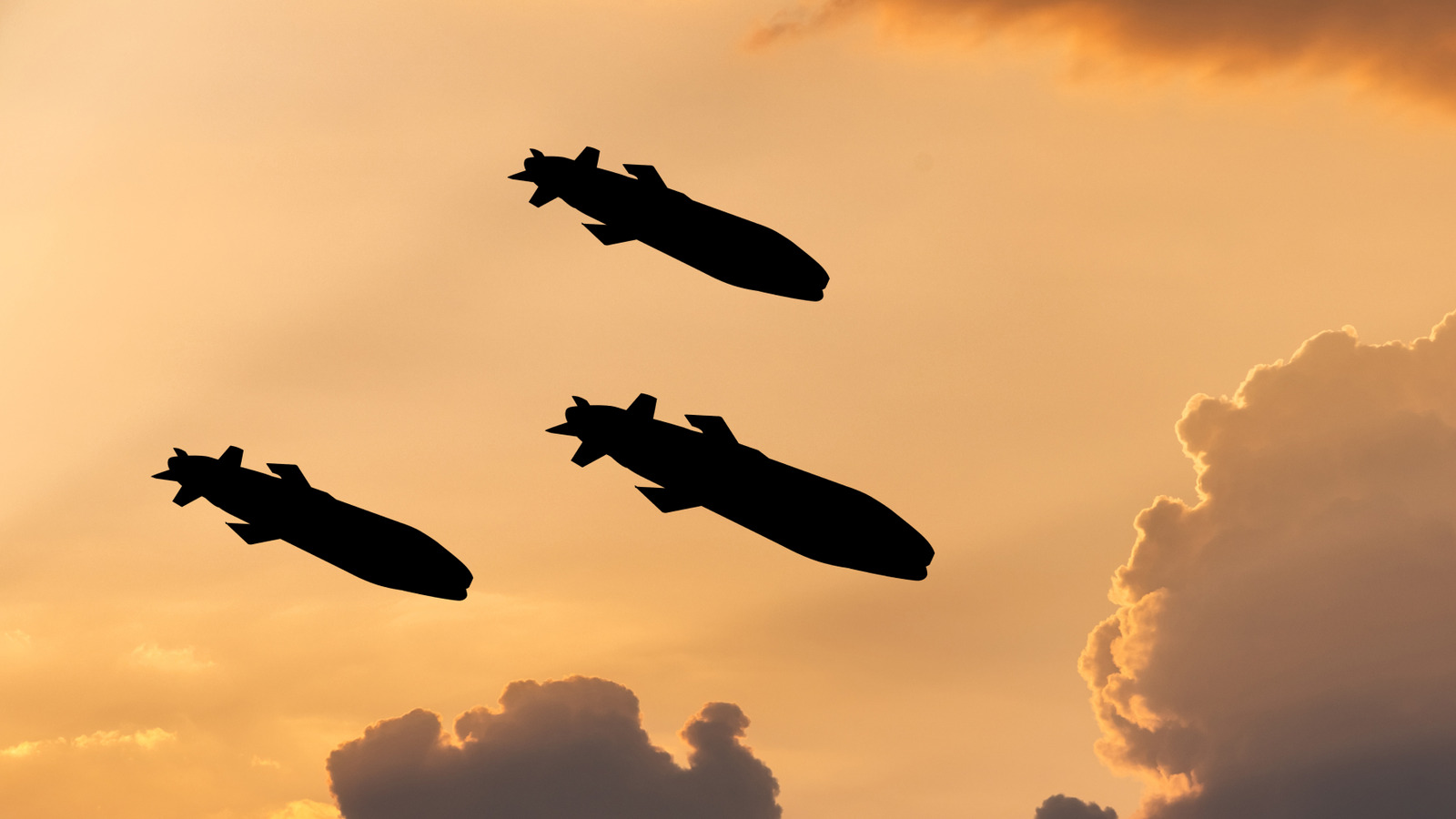













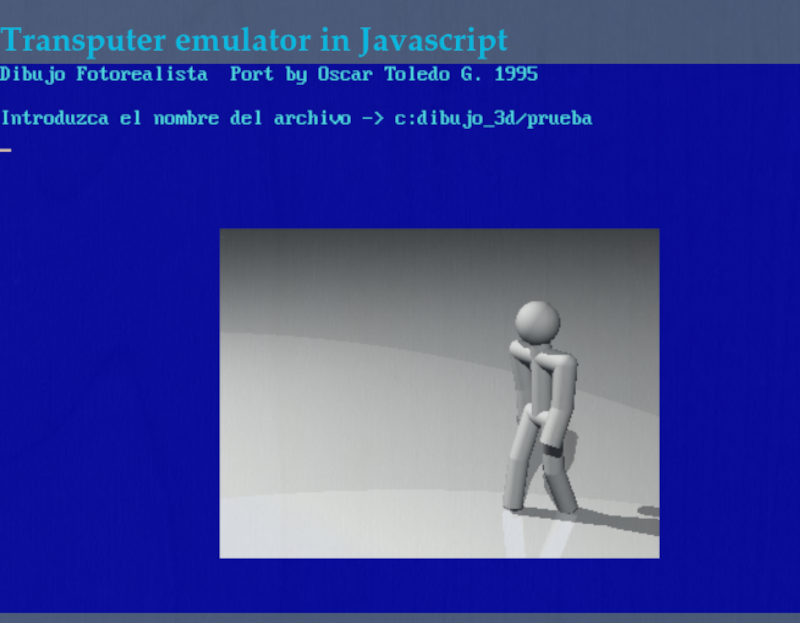
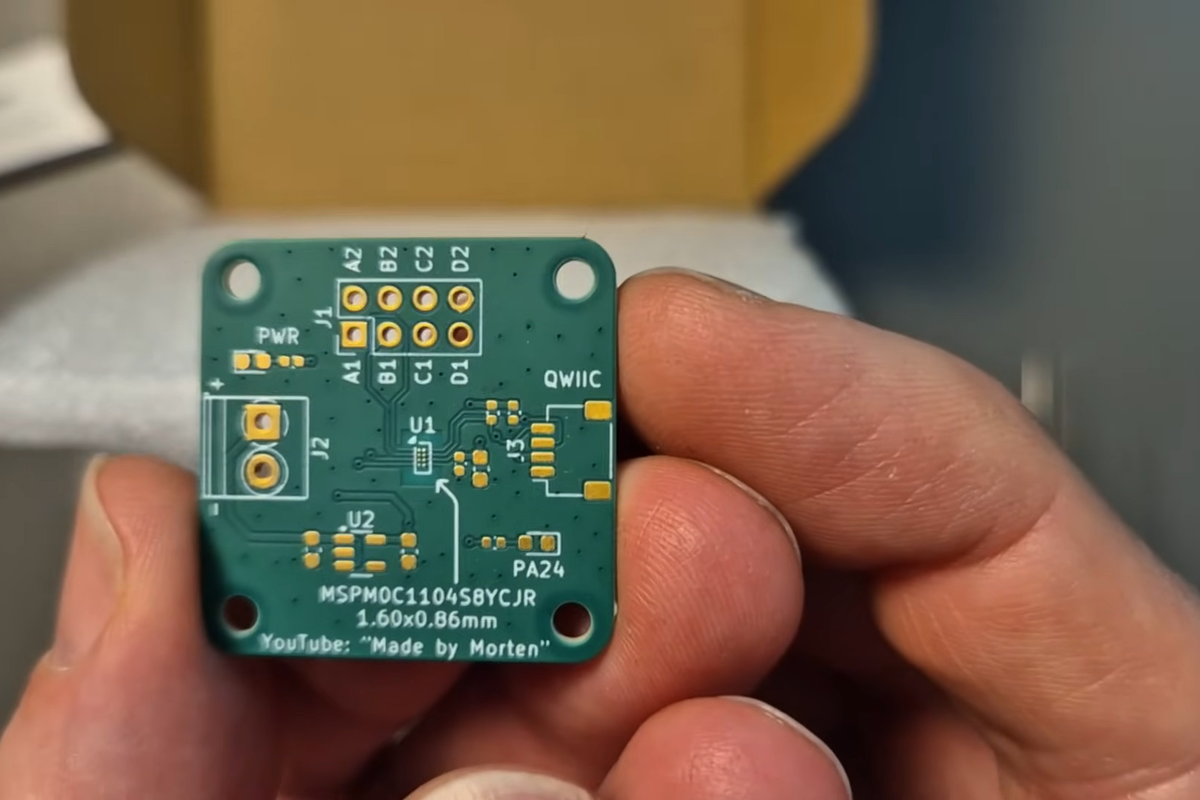
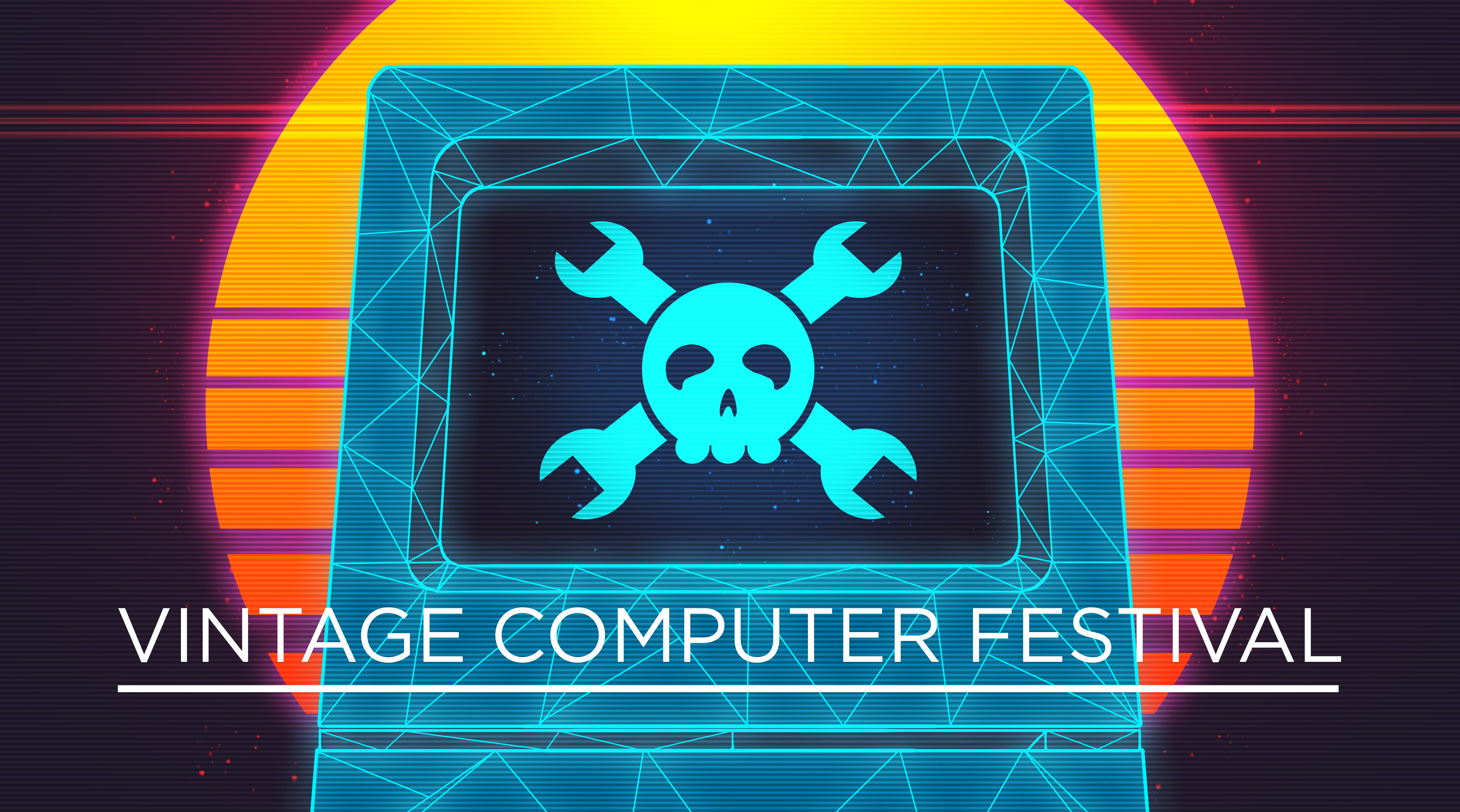






















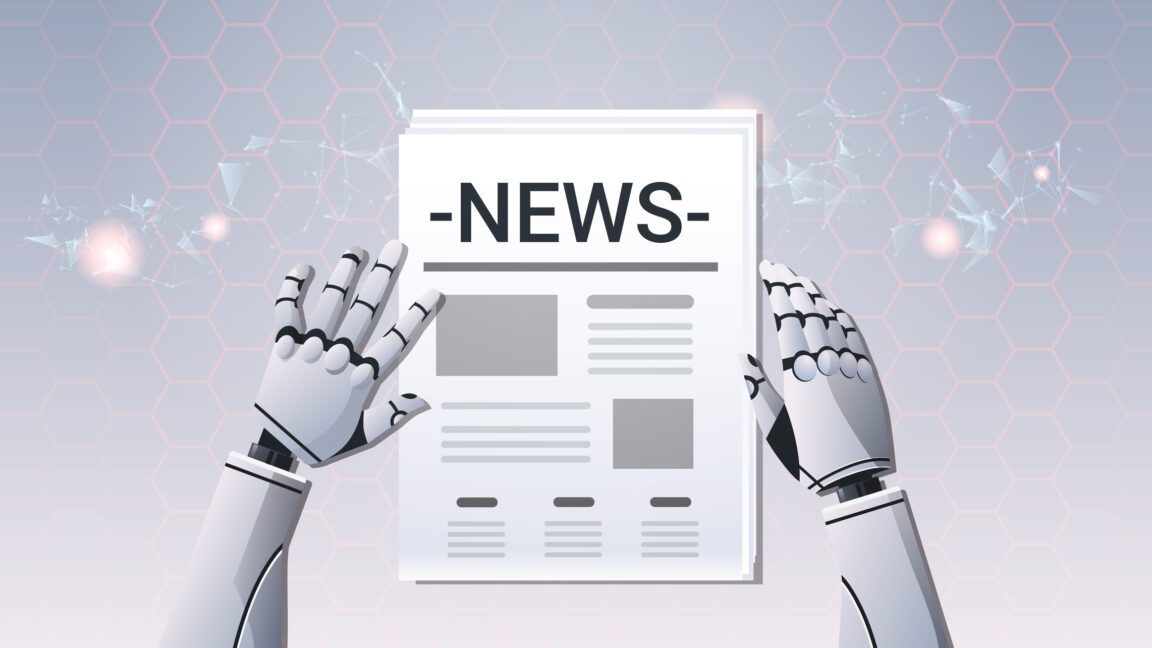







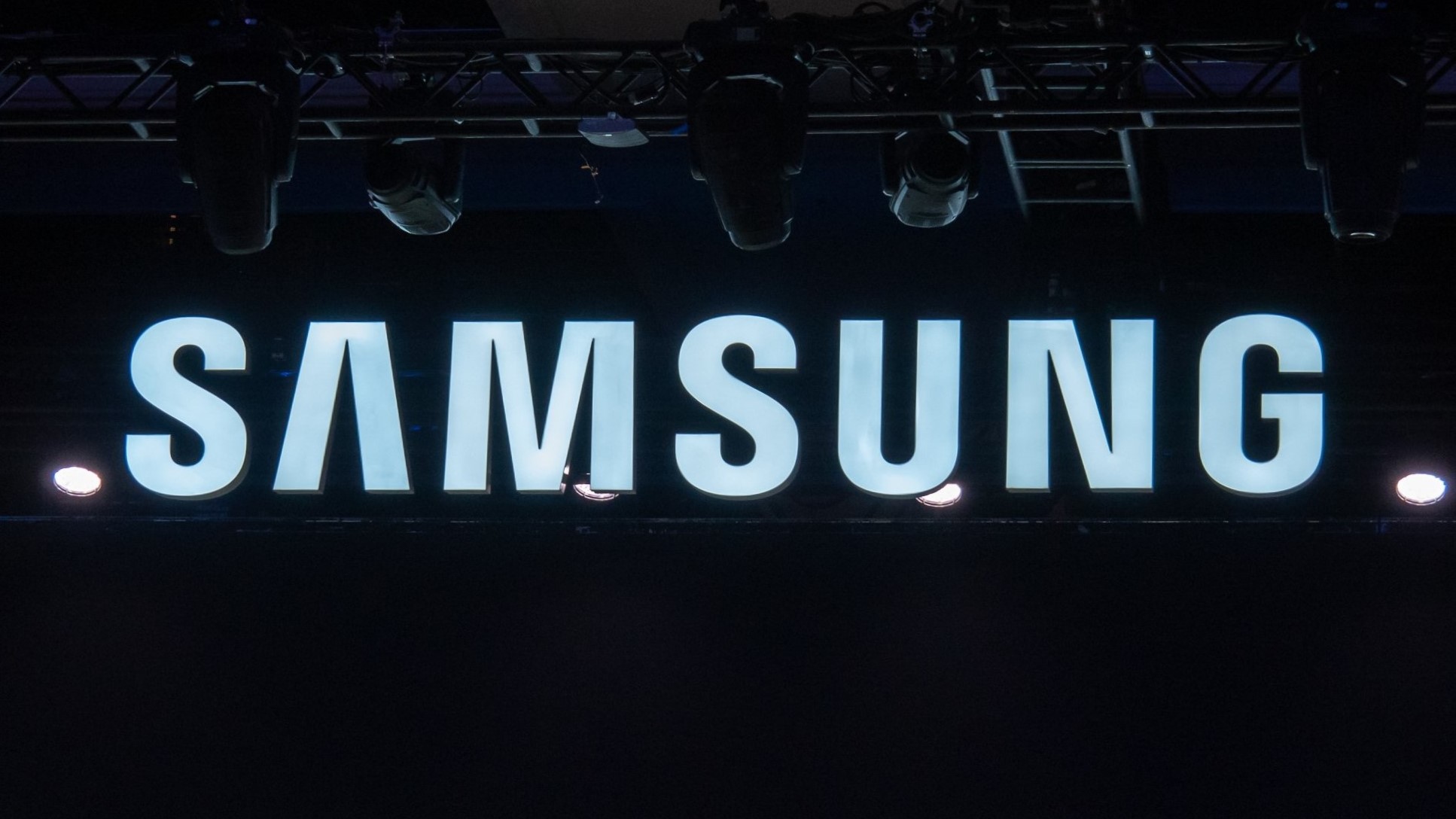
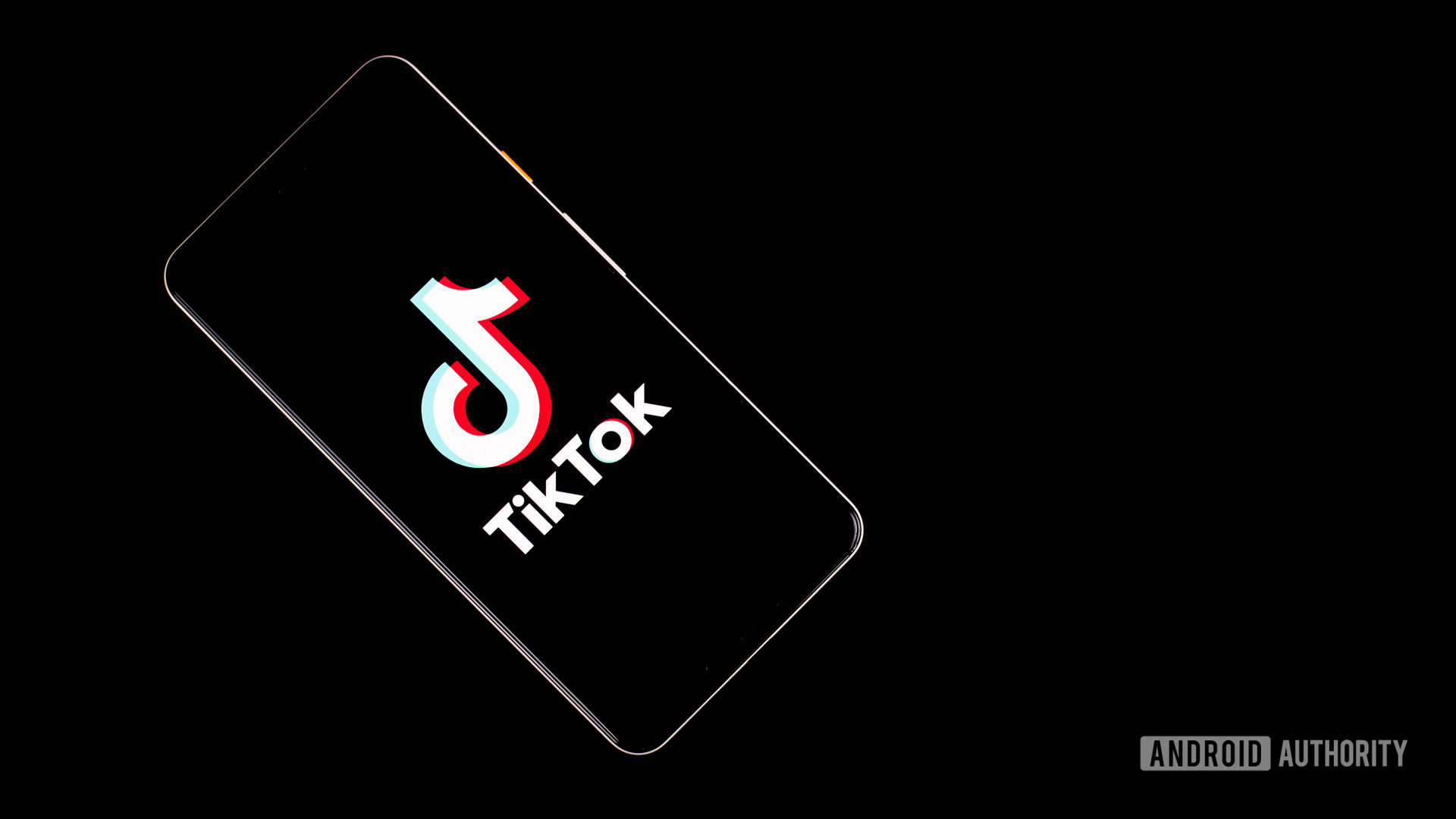
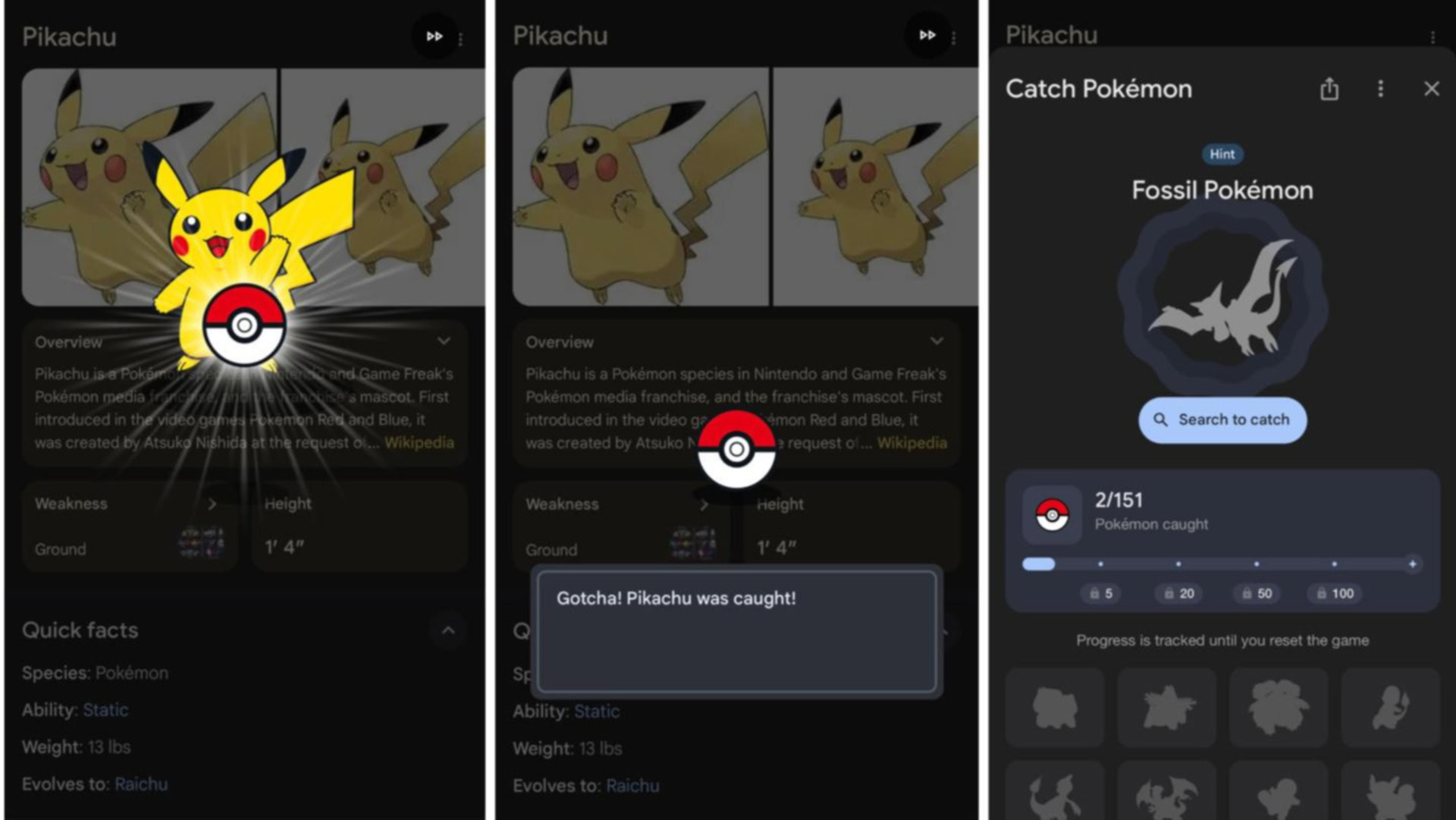
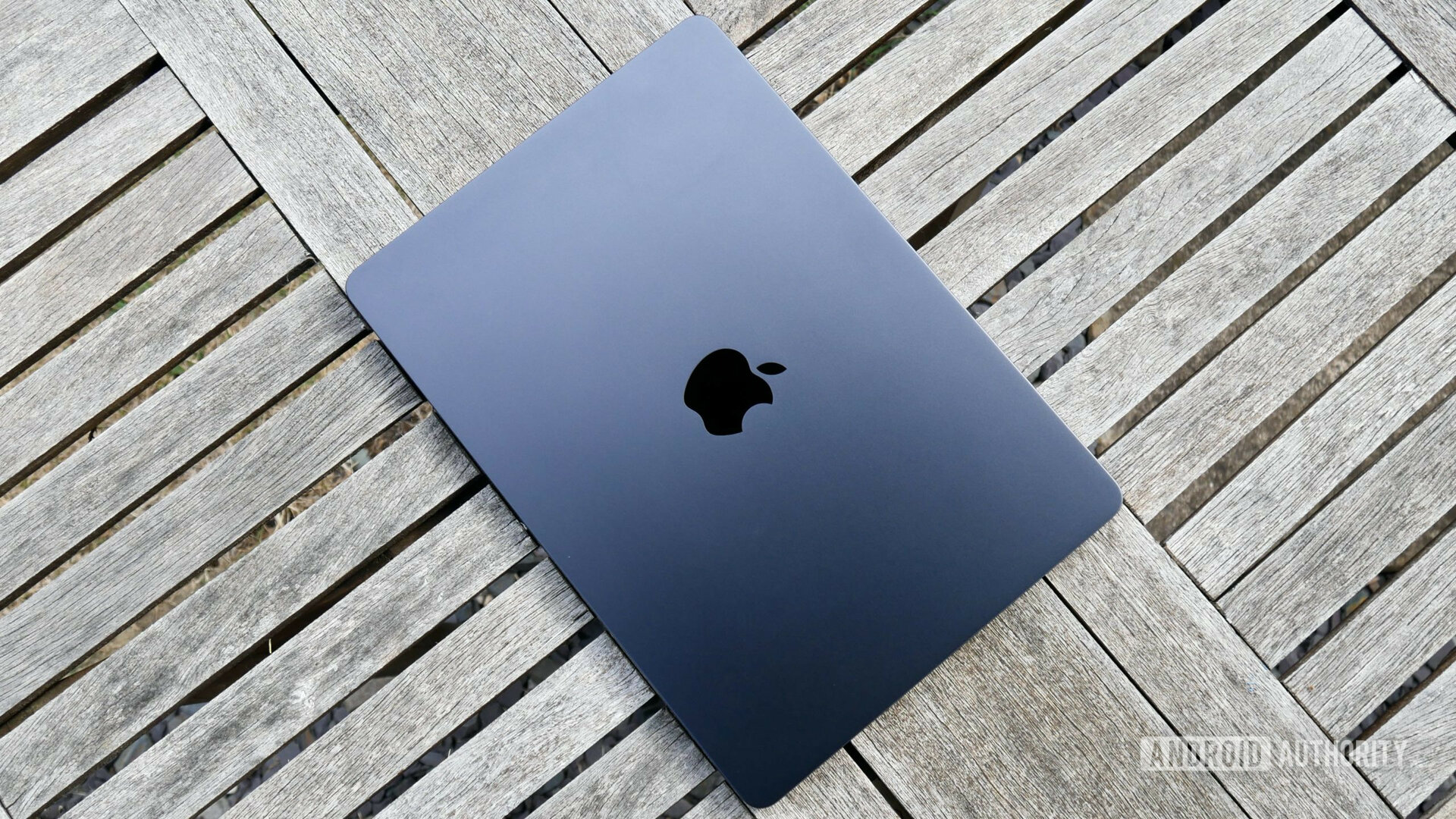
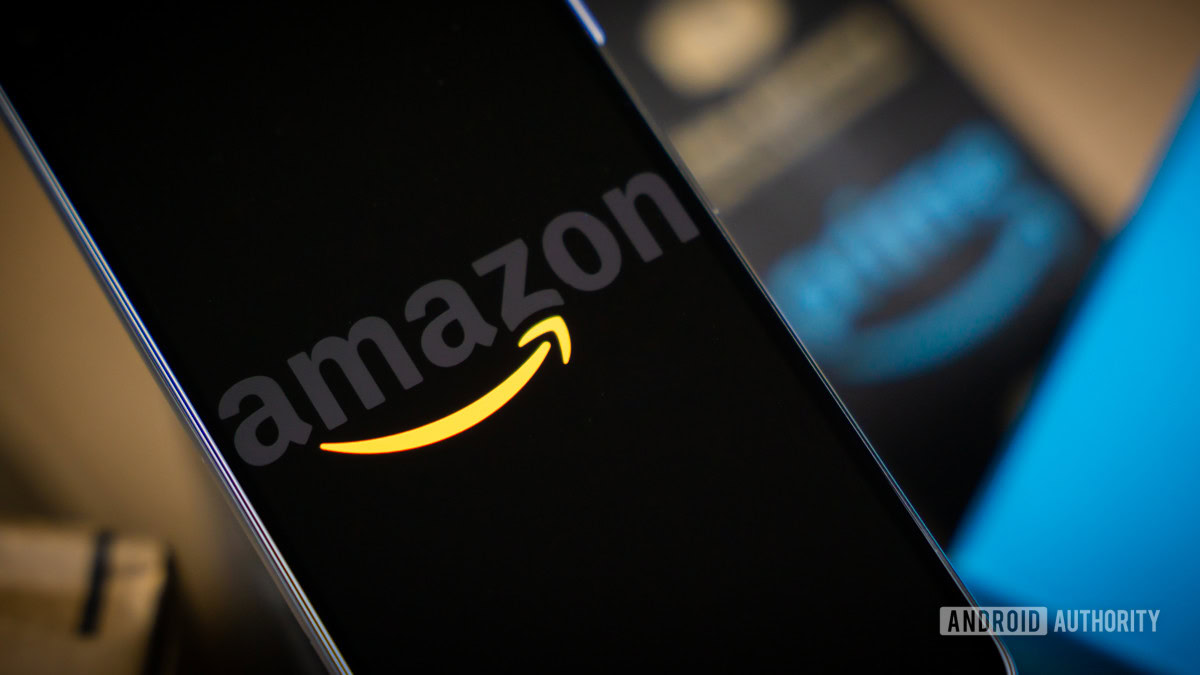

















![Rapidus in Talks With Apple as It Accelerates Toward 2nm Chip Production [Report]](https://www.iclarified.com/images/news/96937/96937/96937-640.jpg)





















